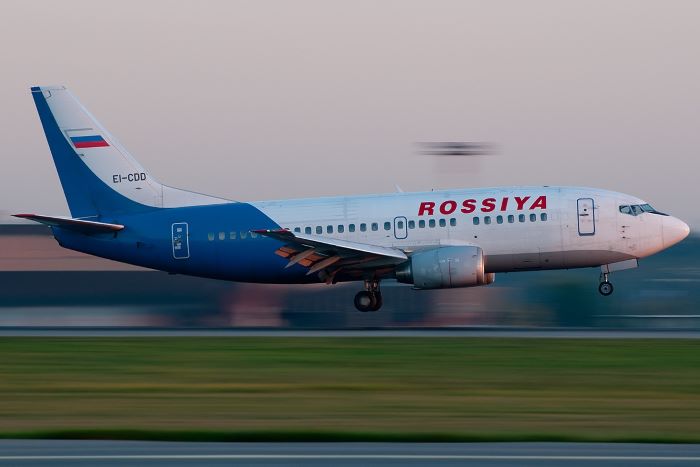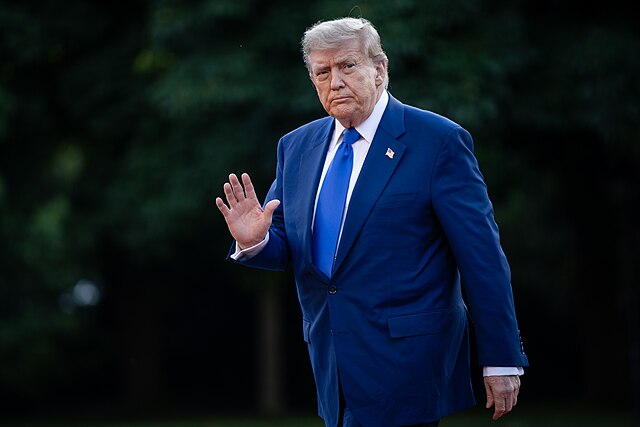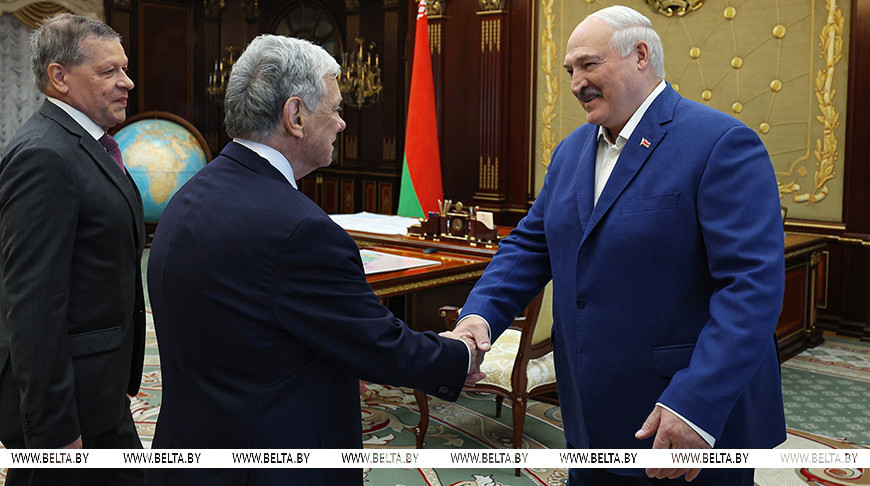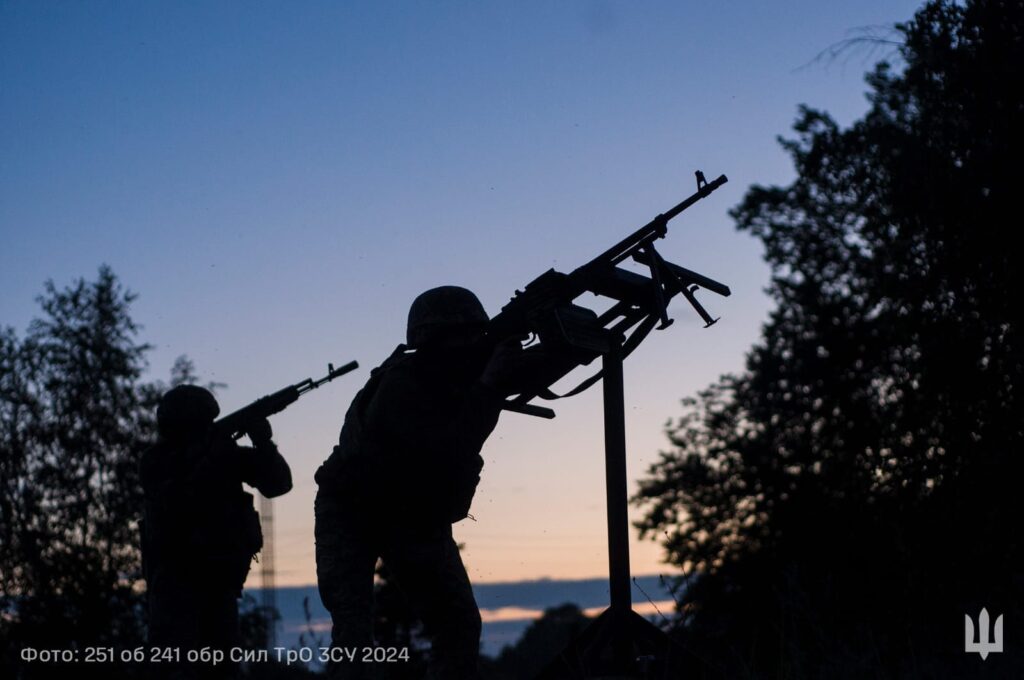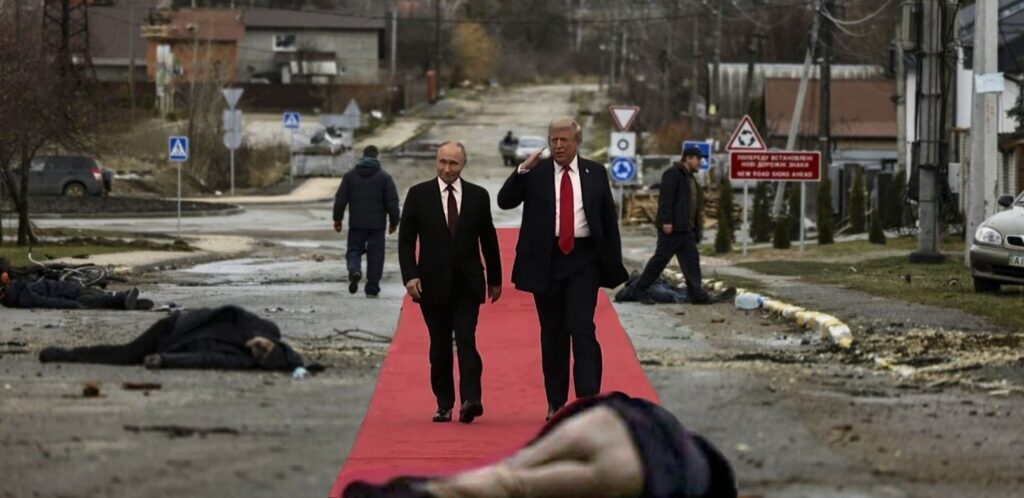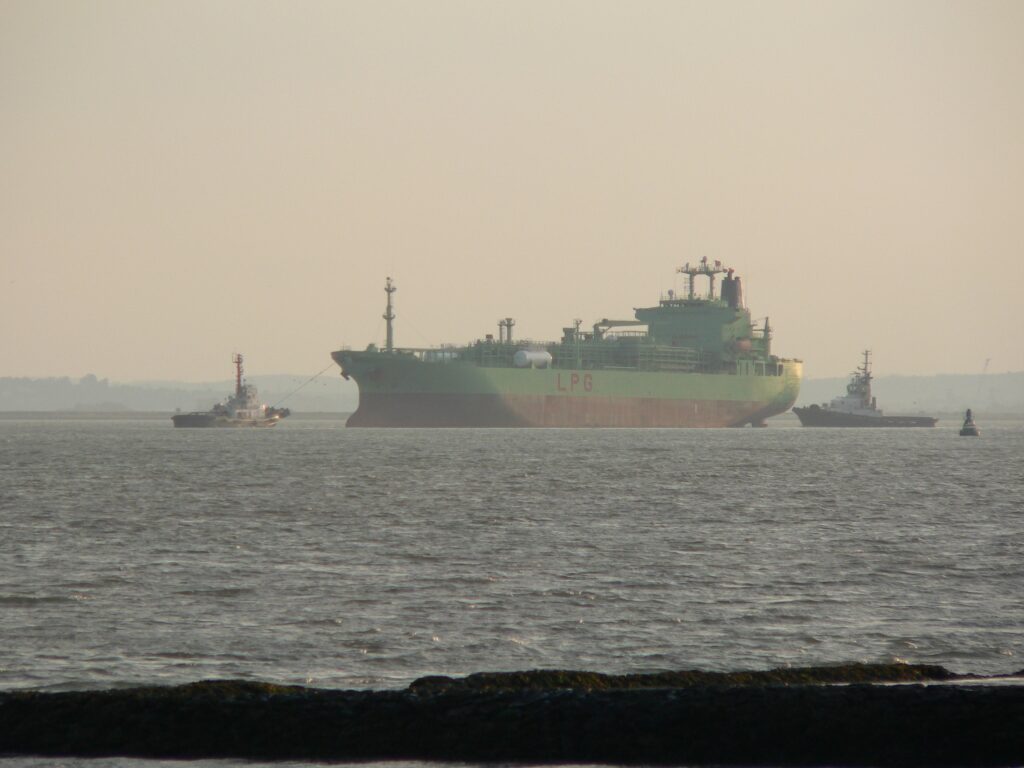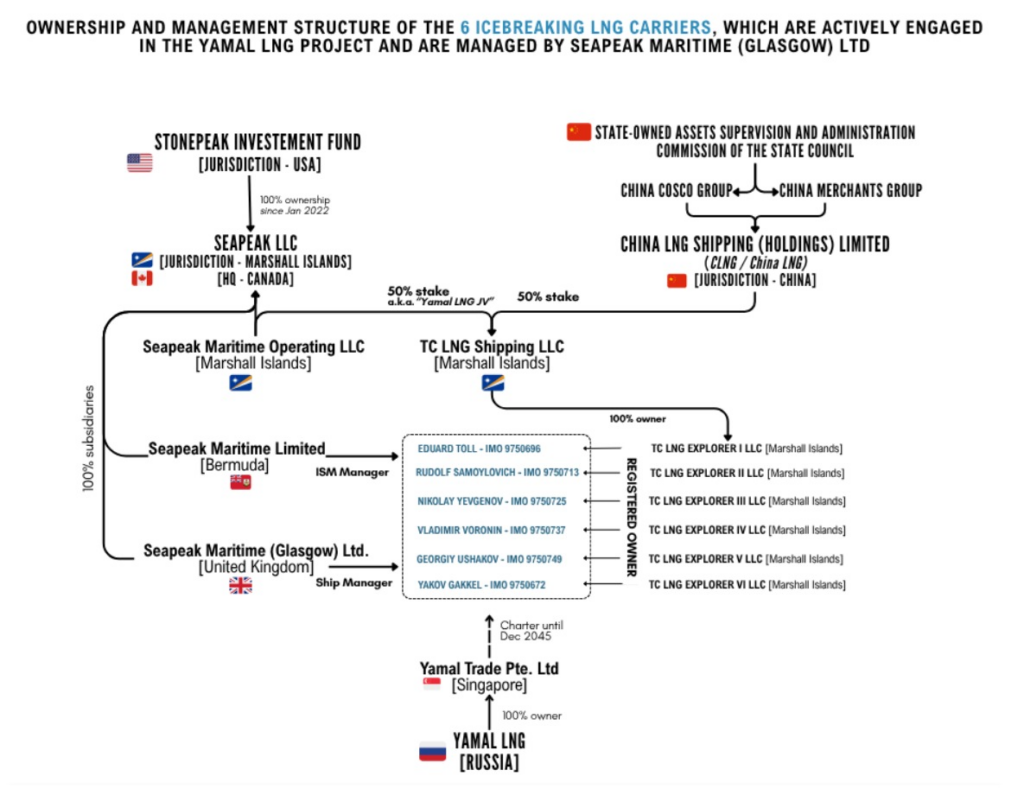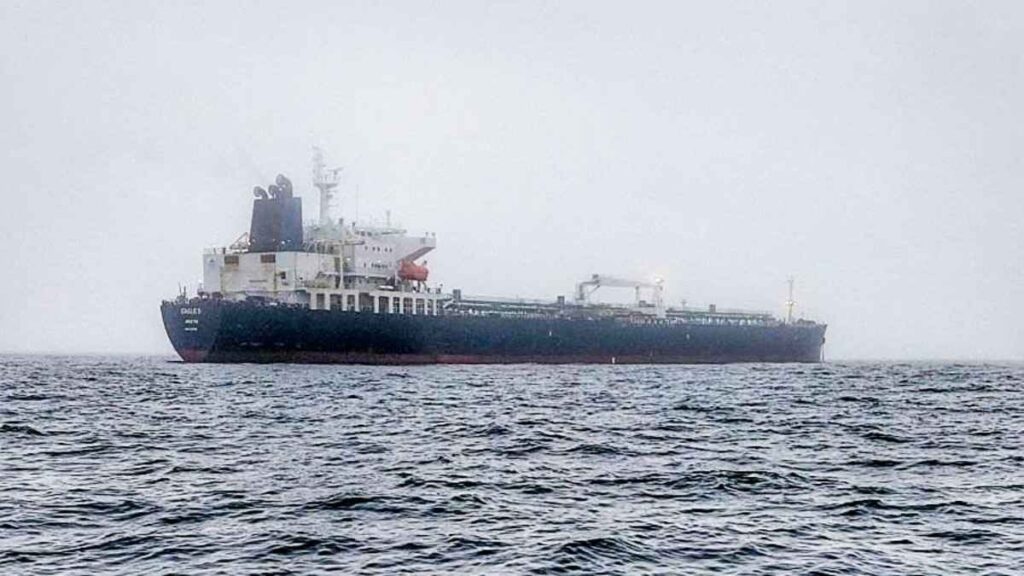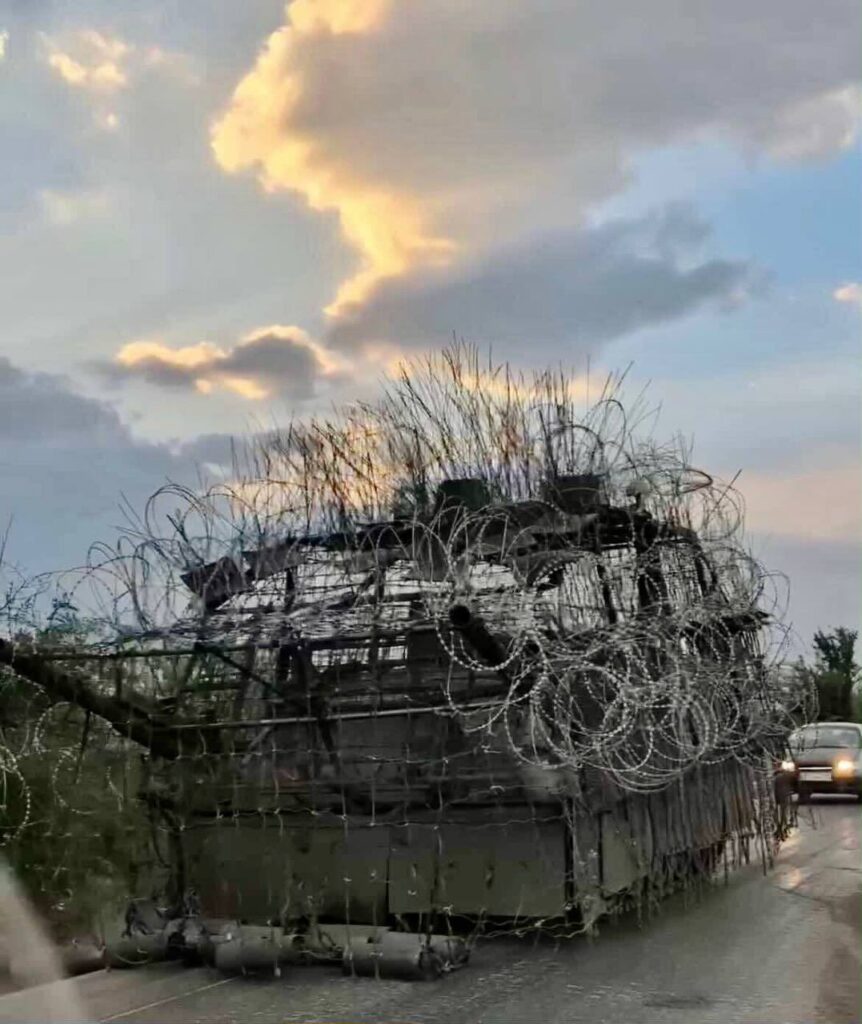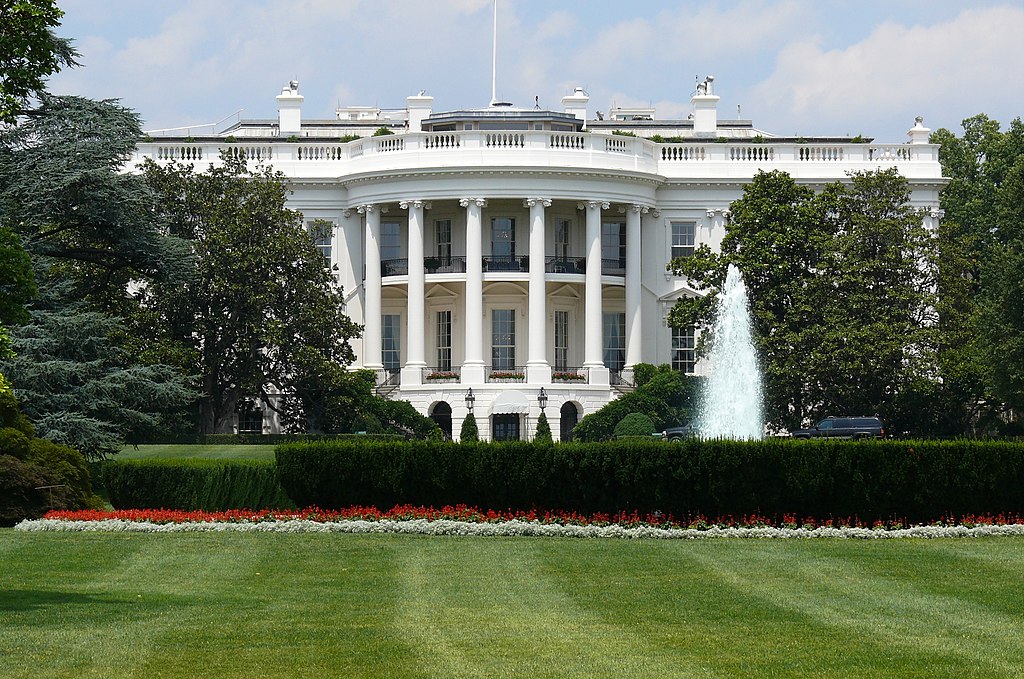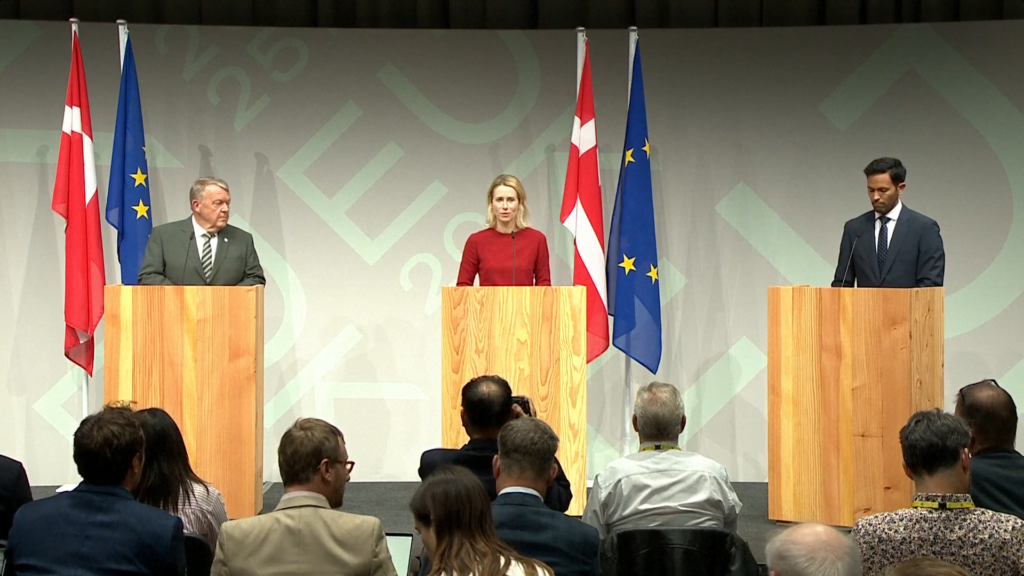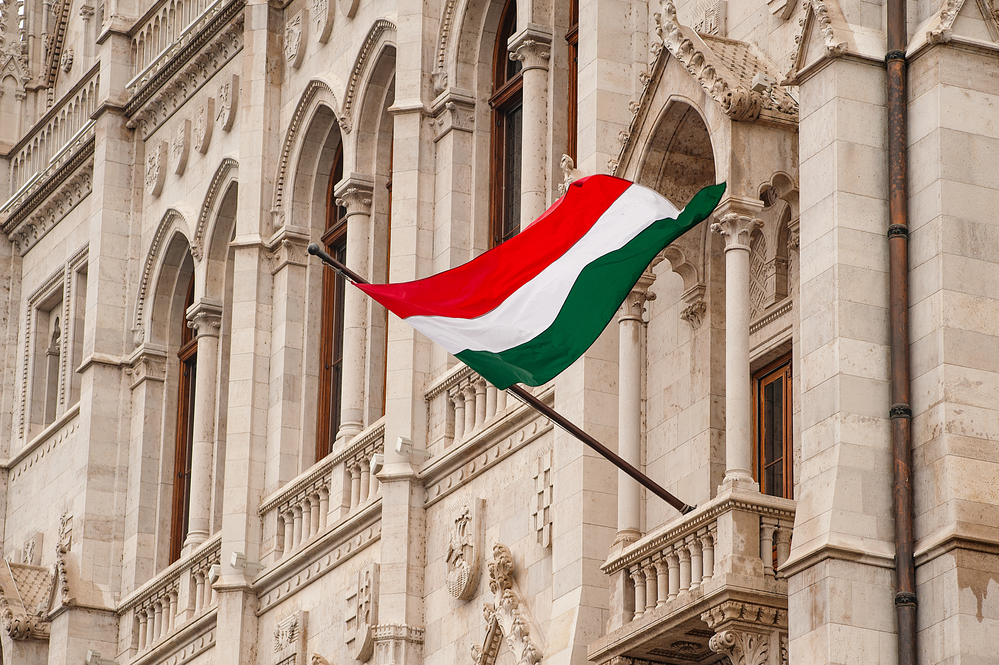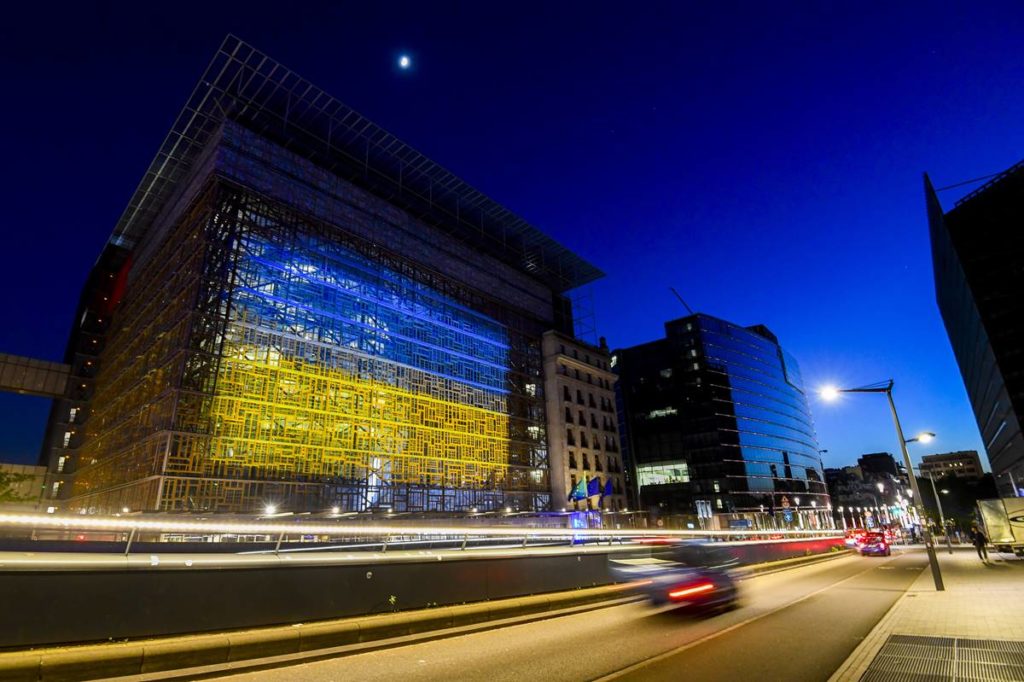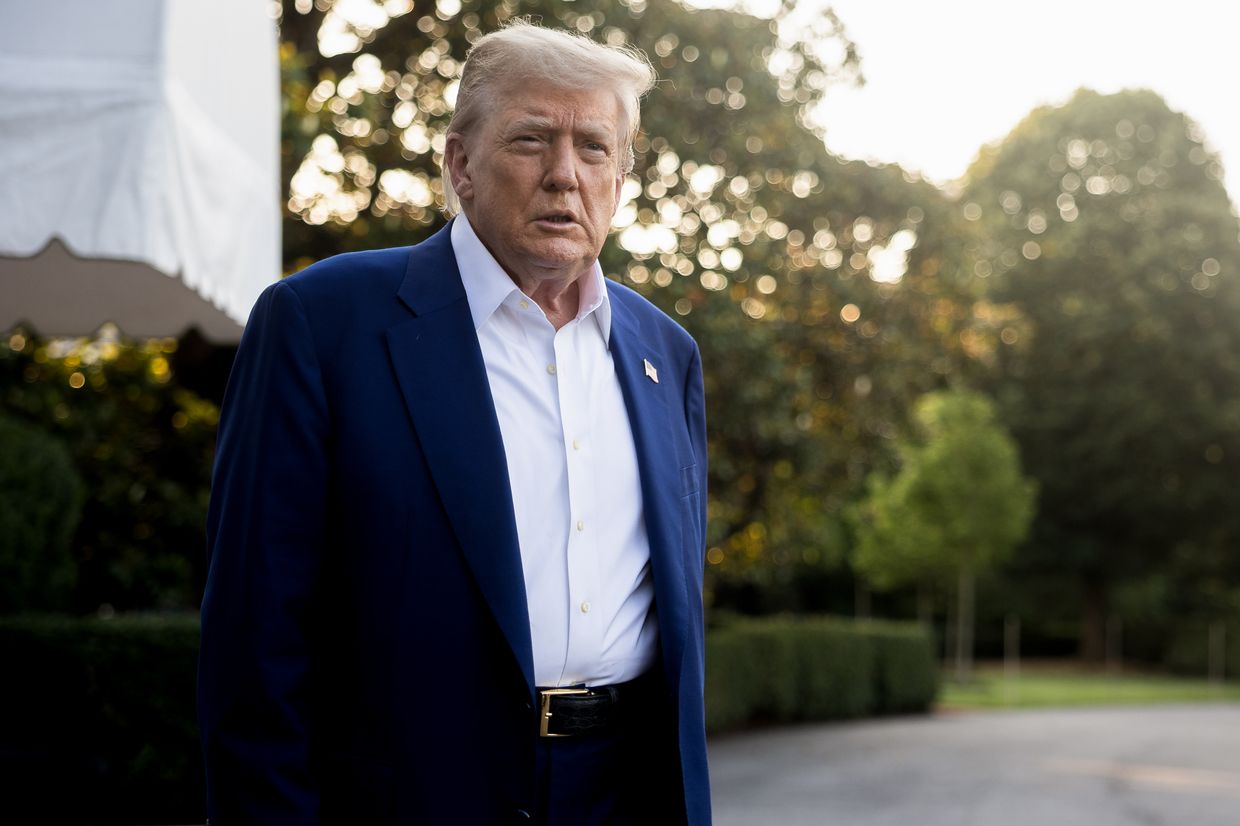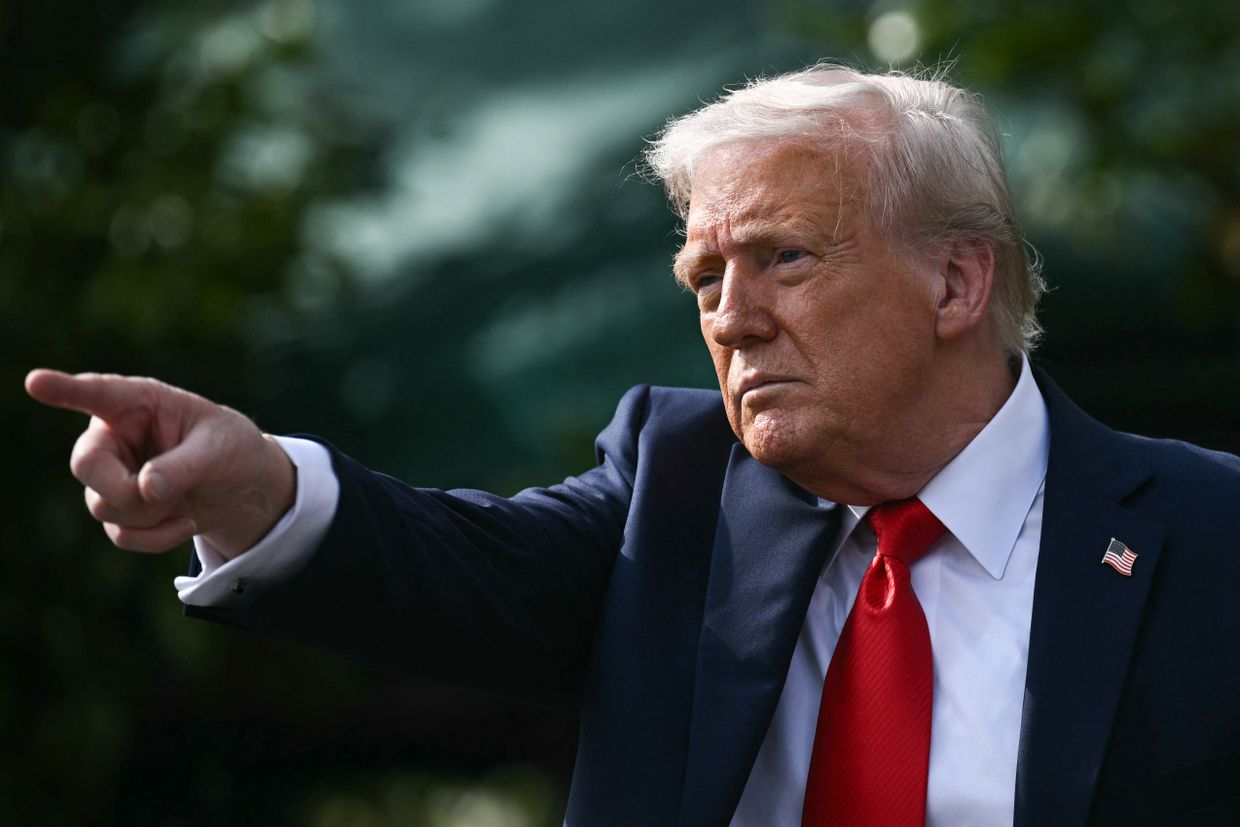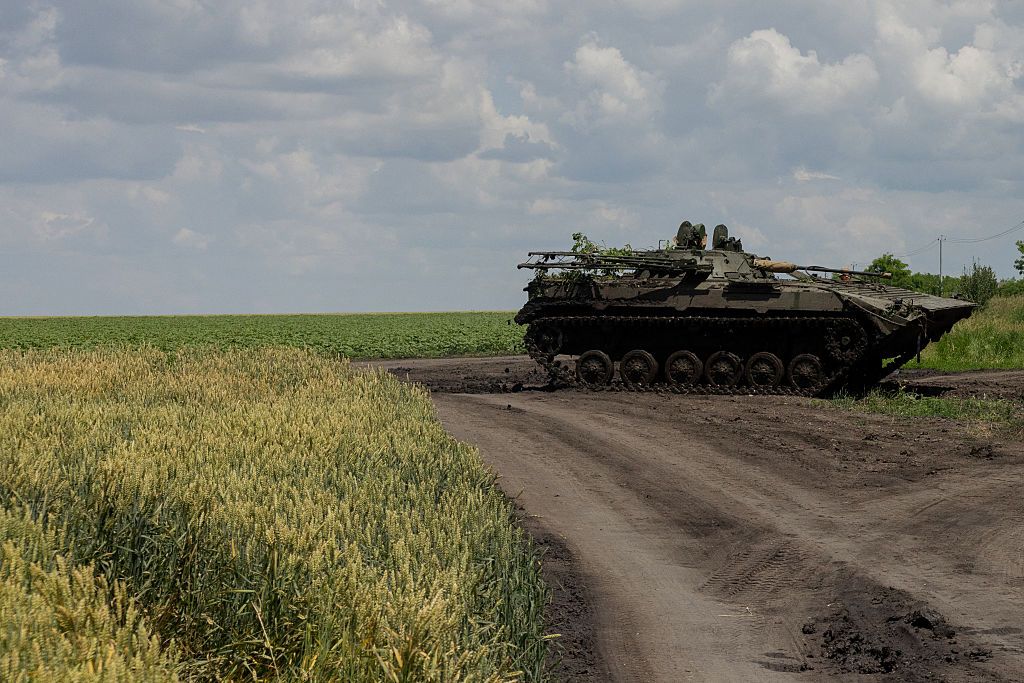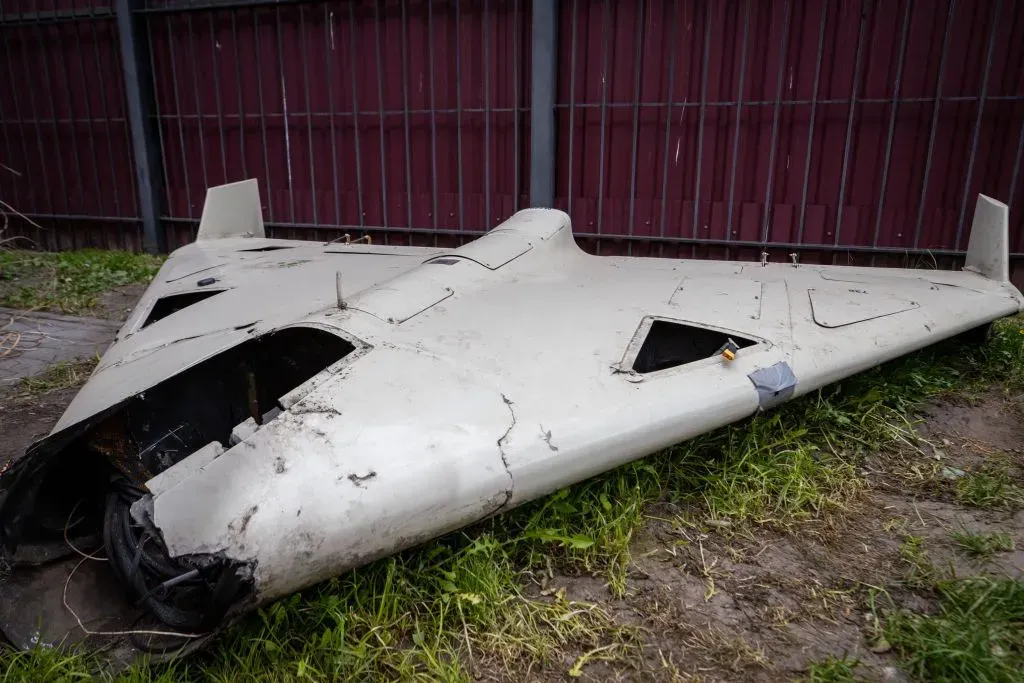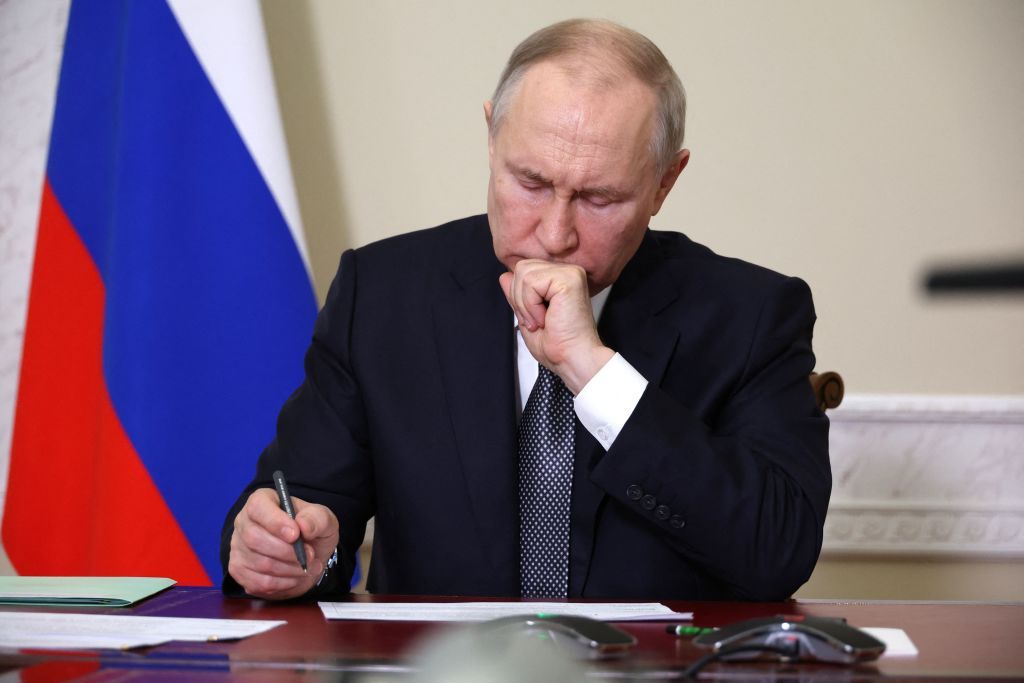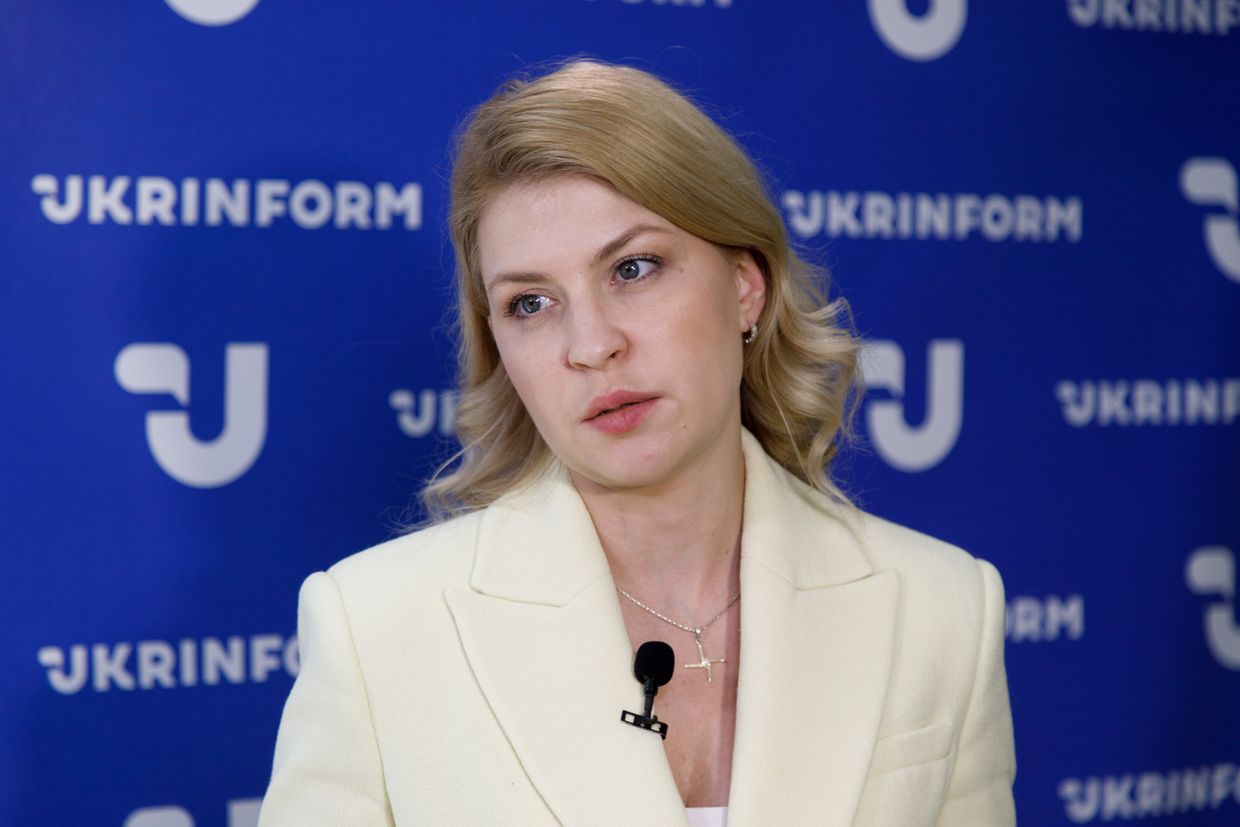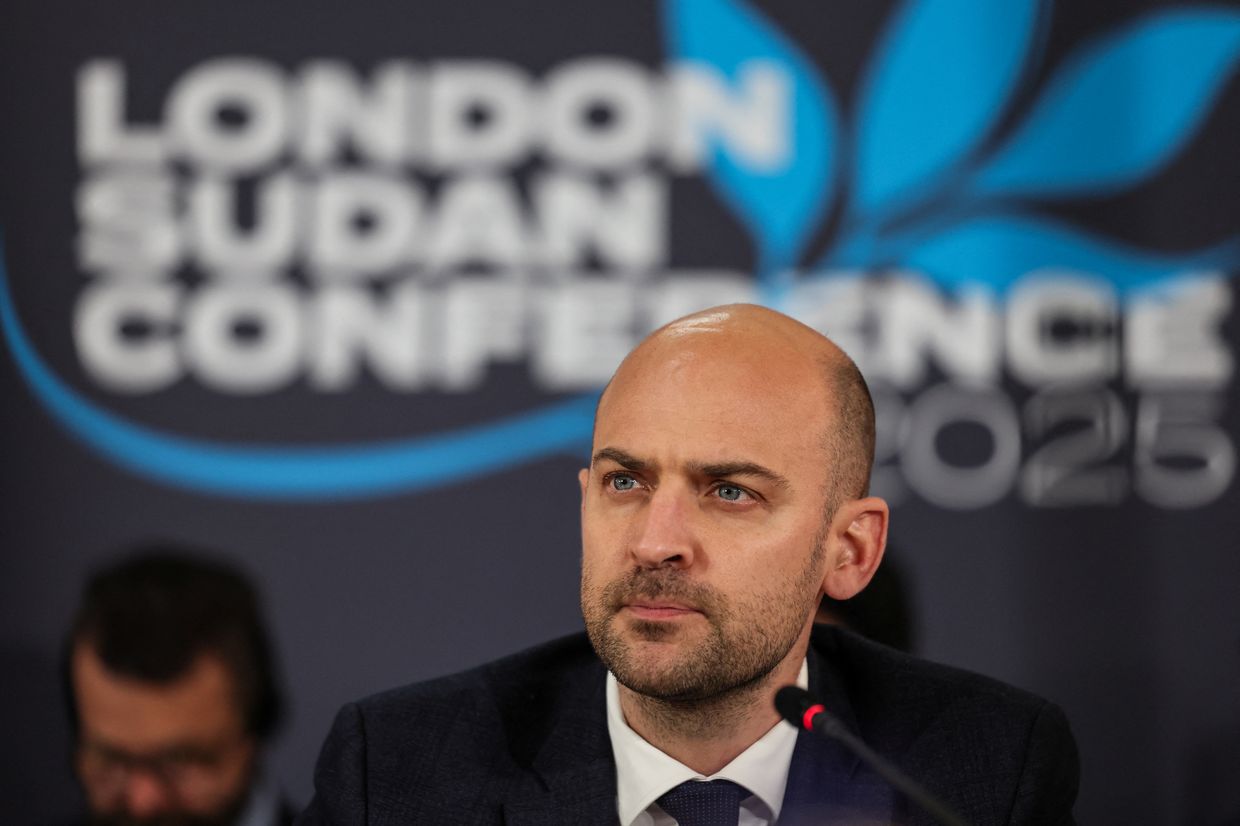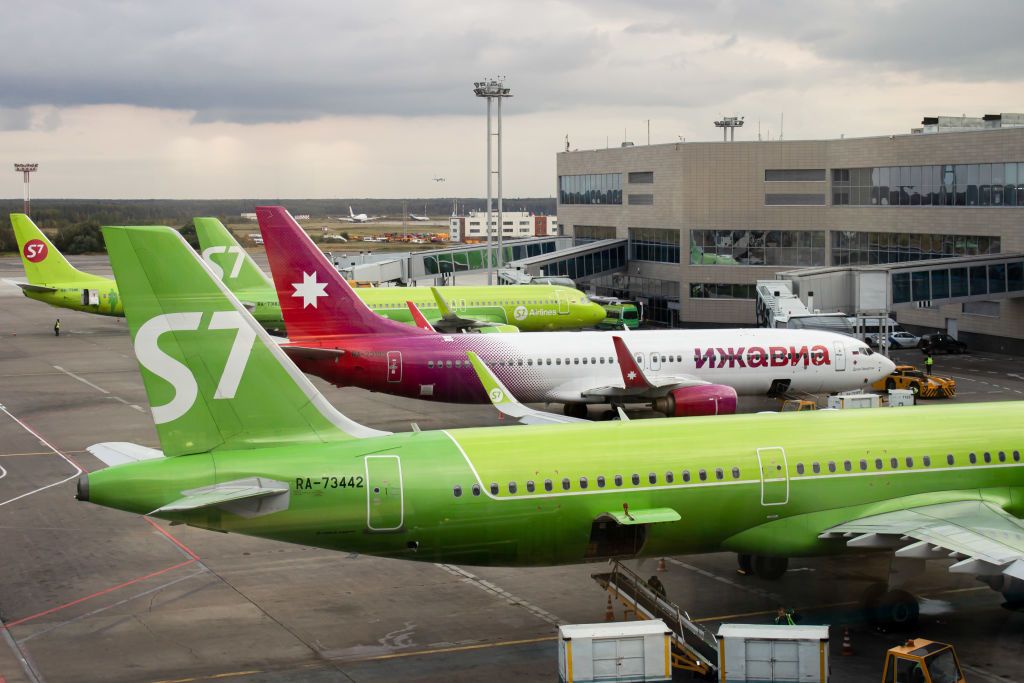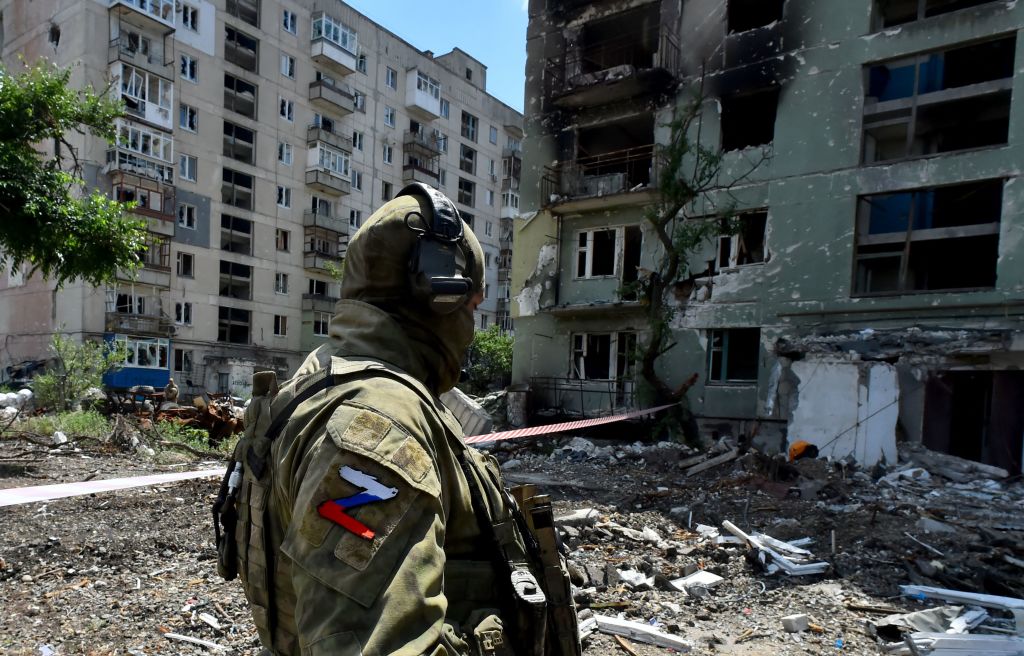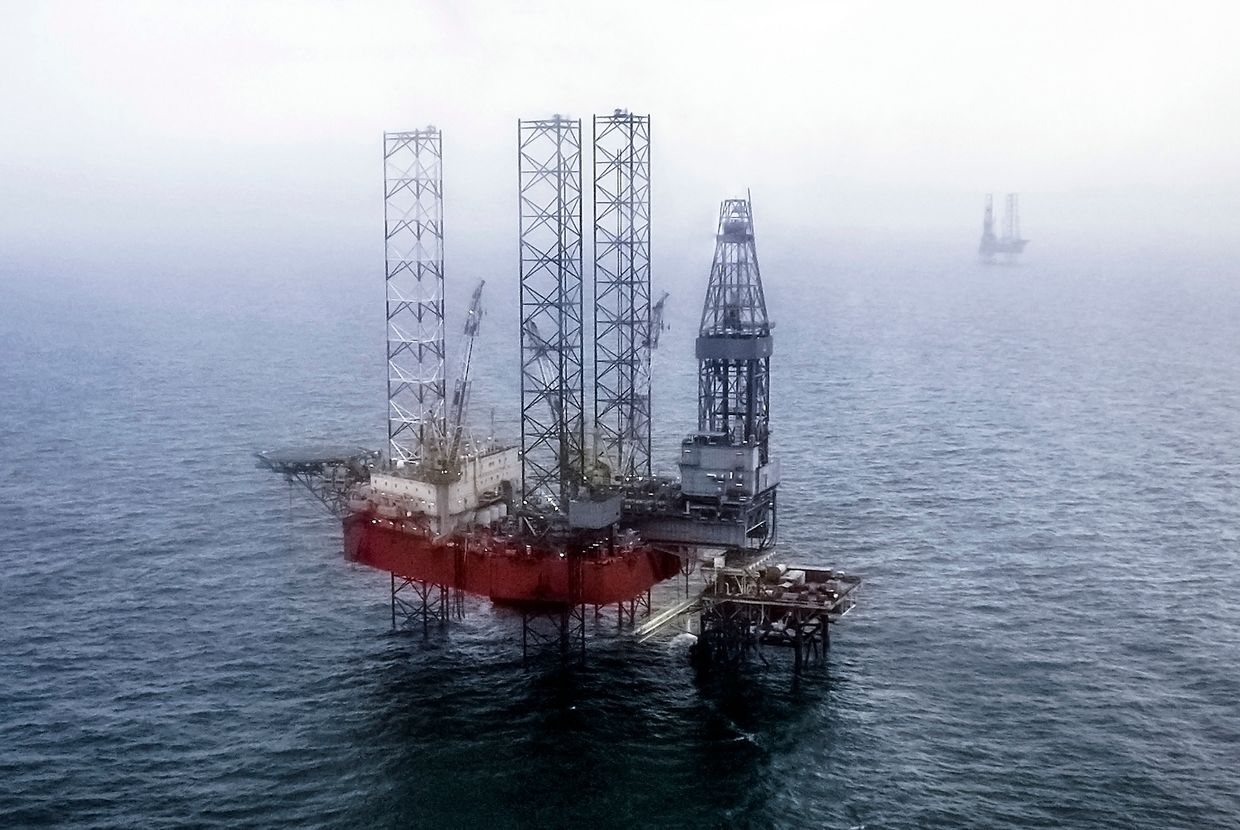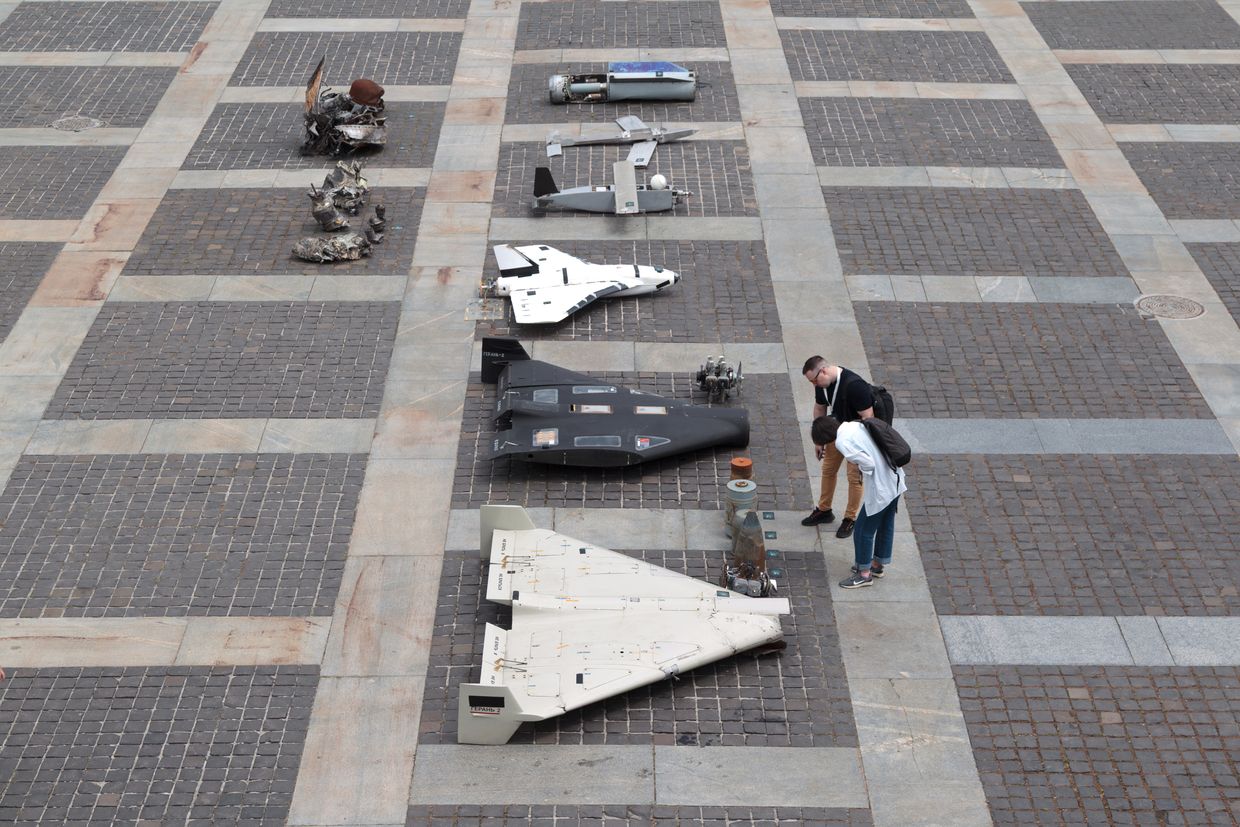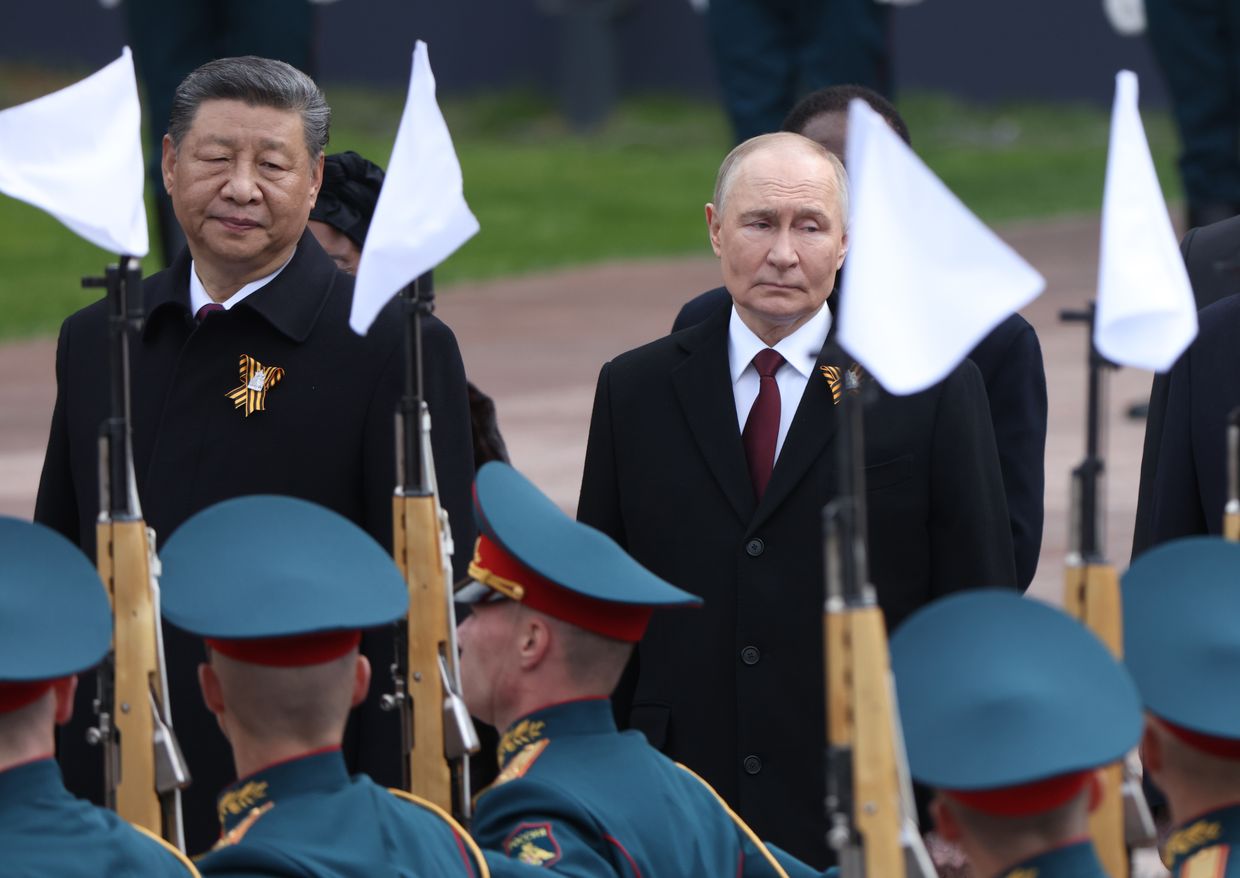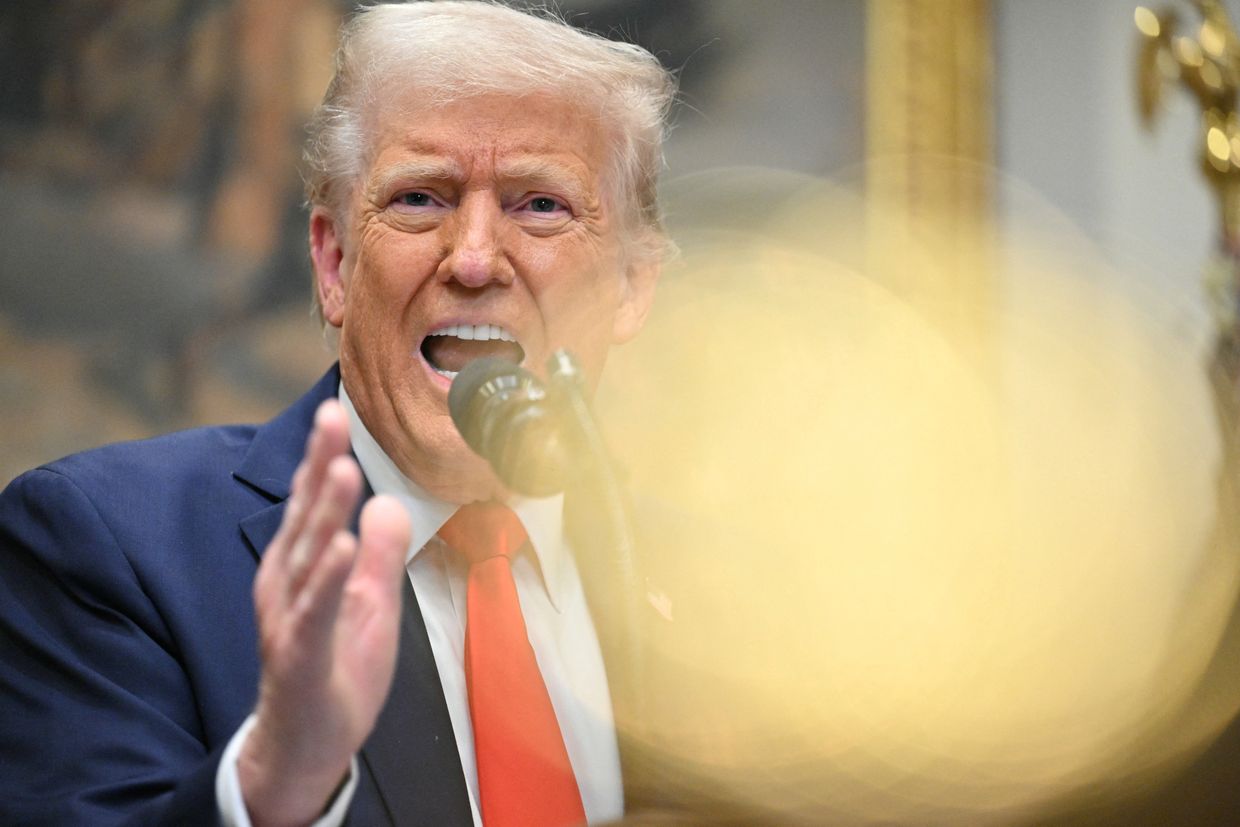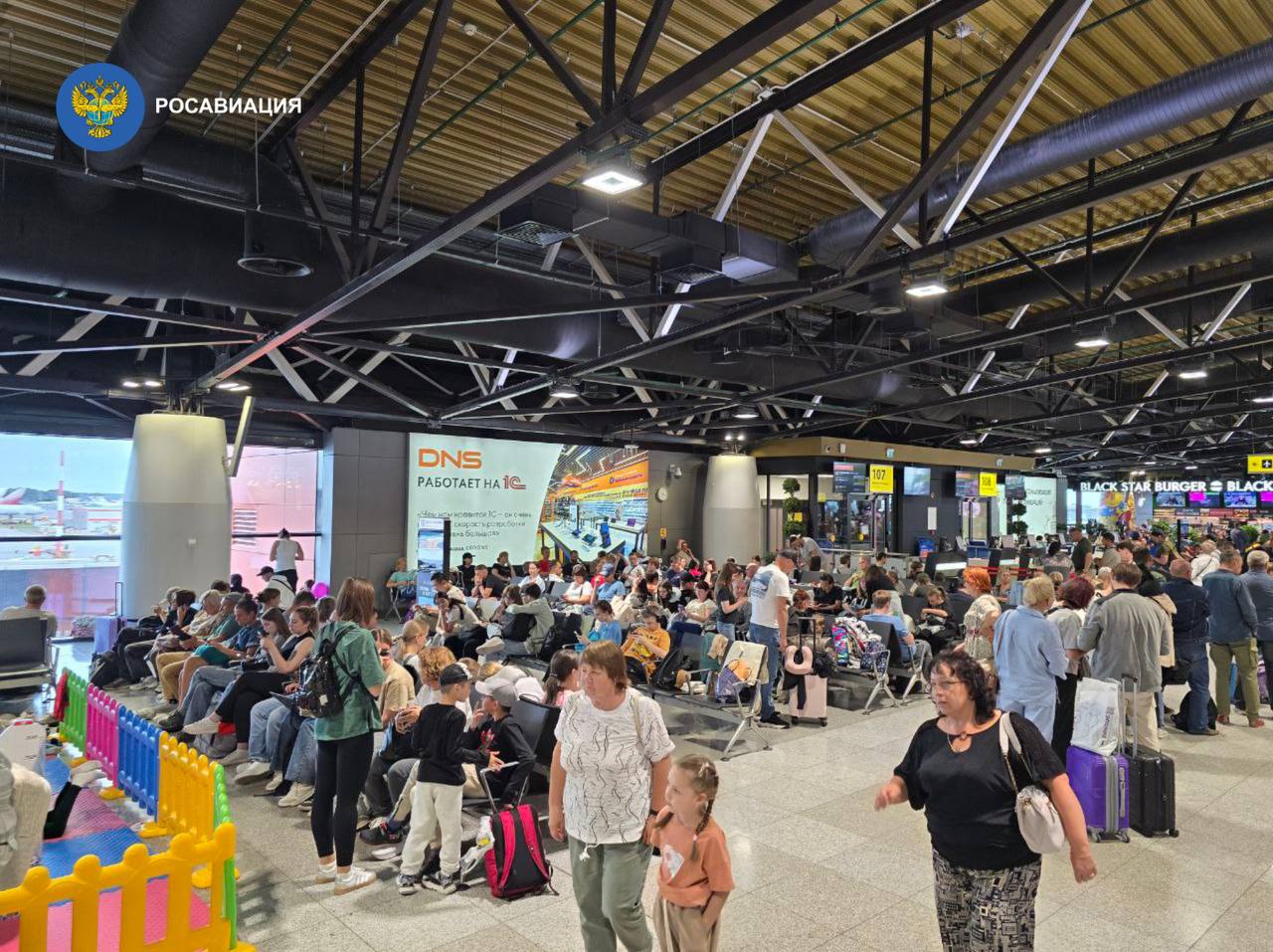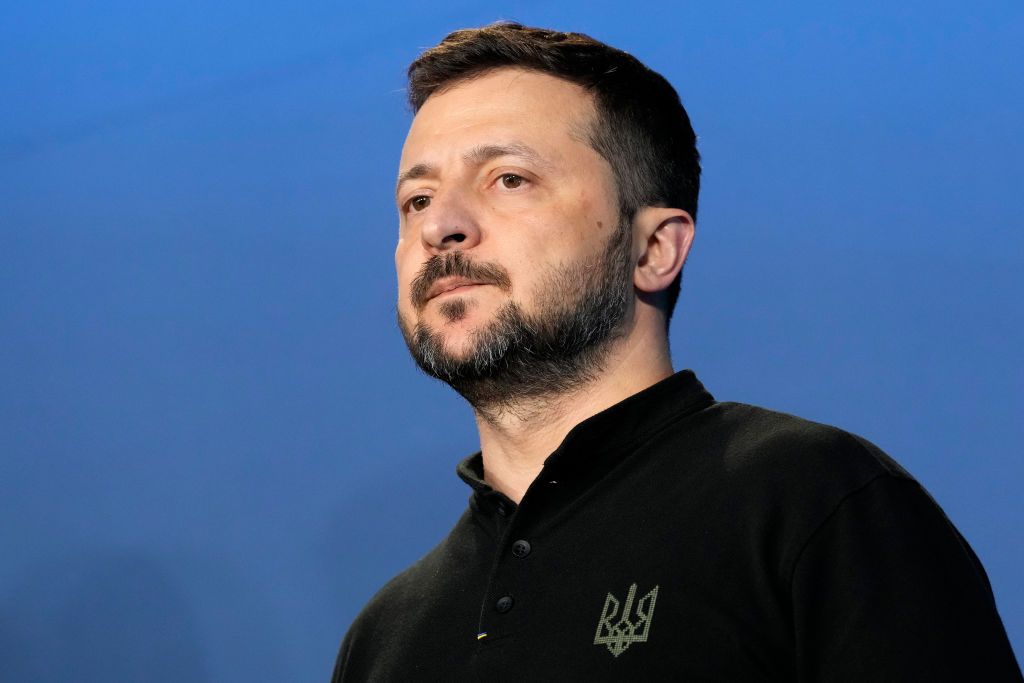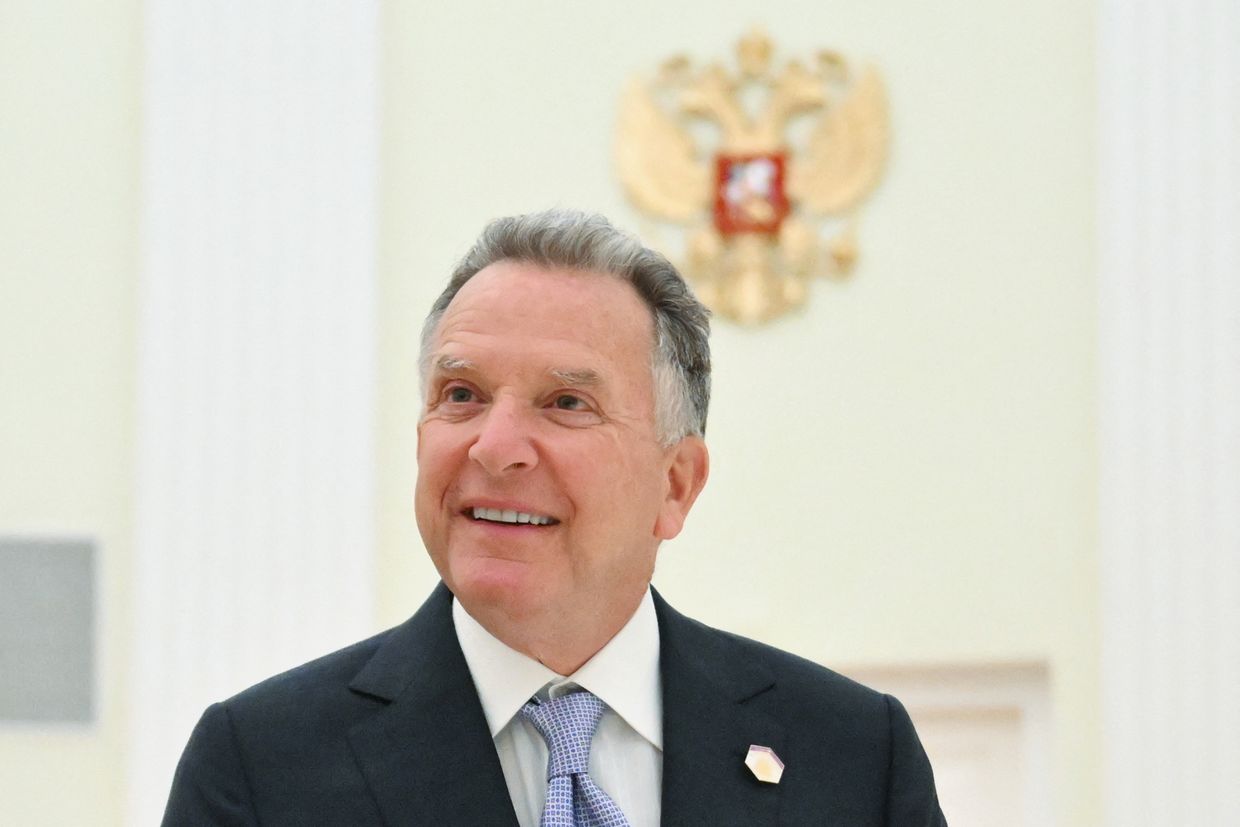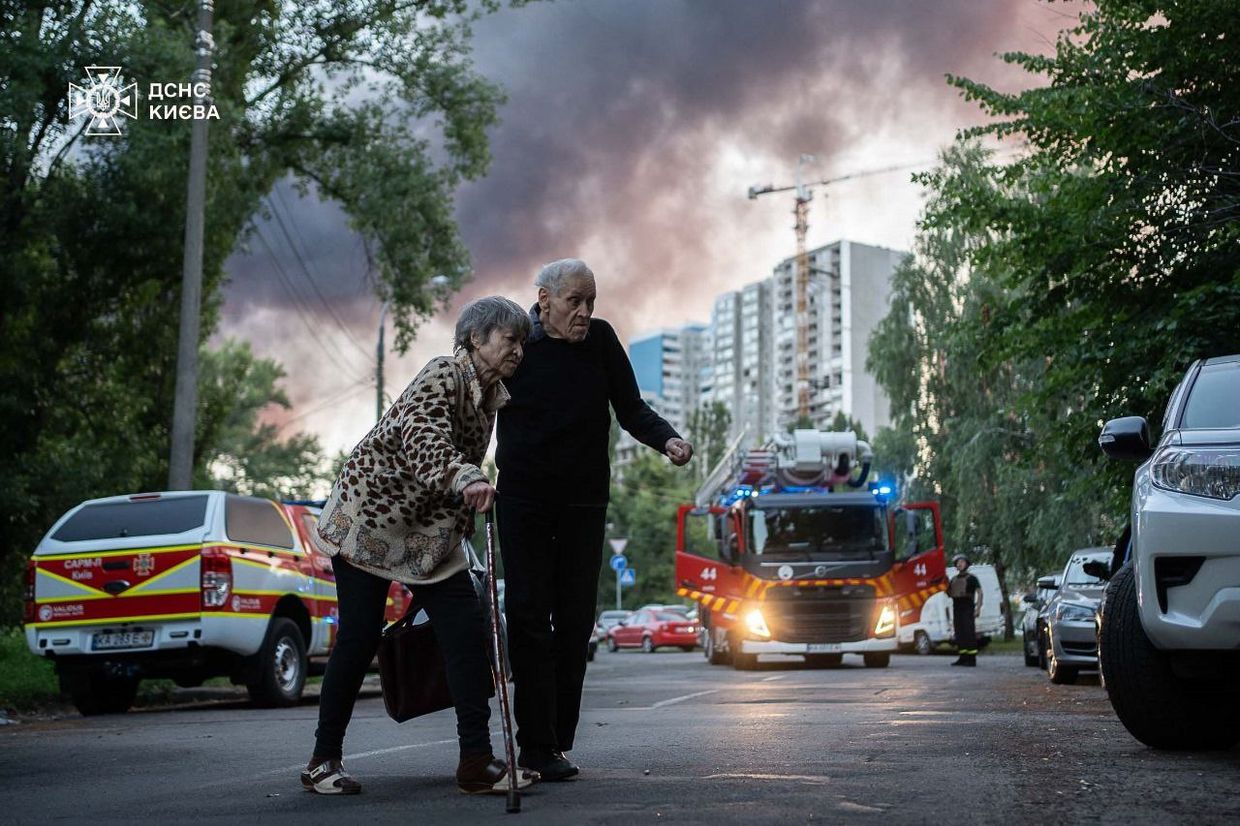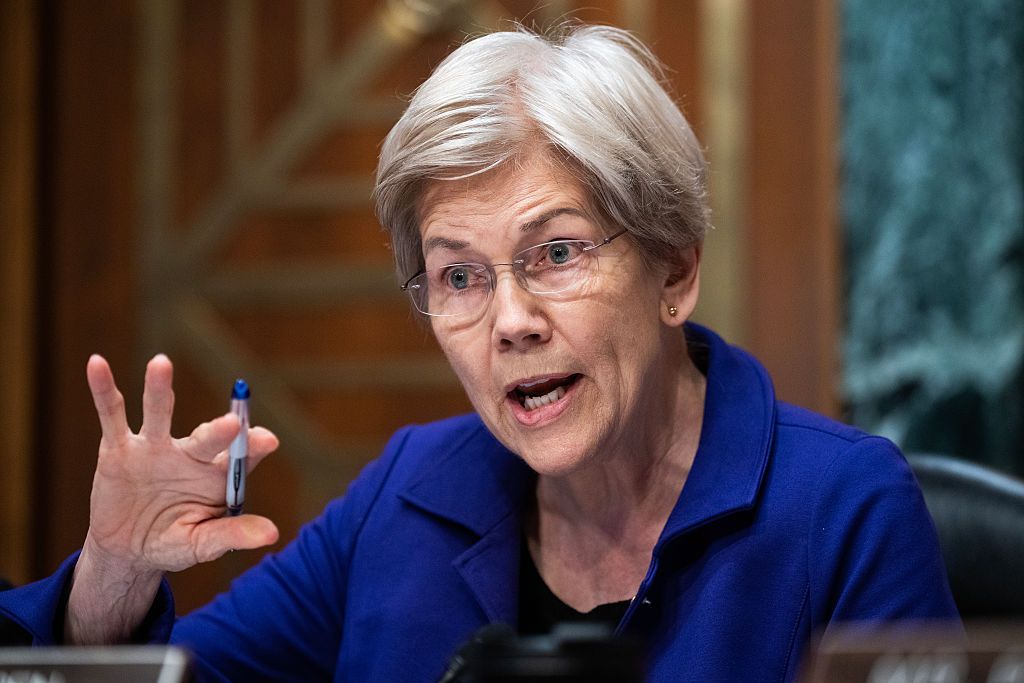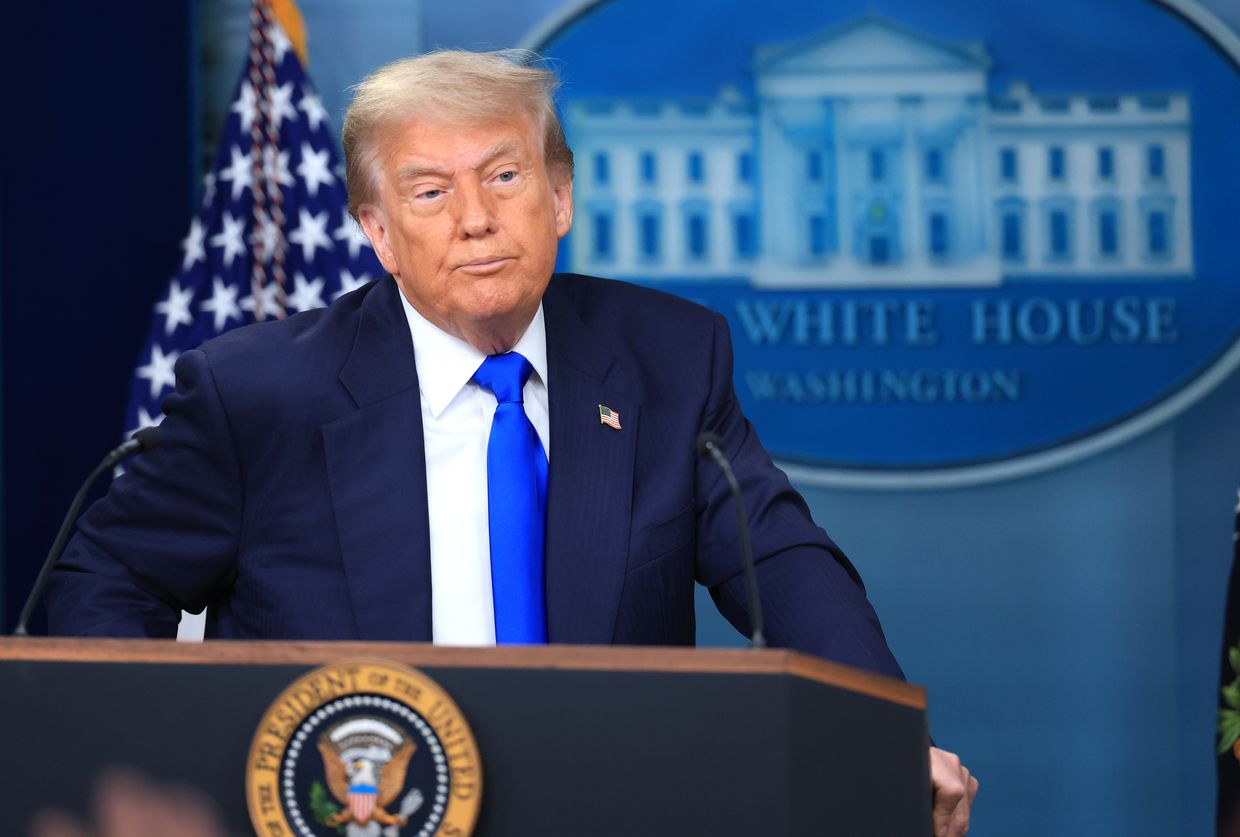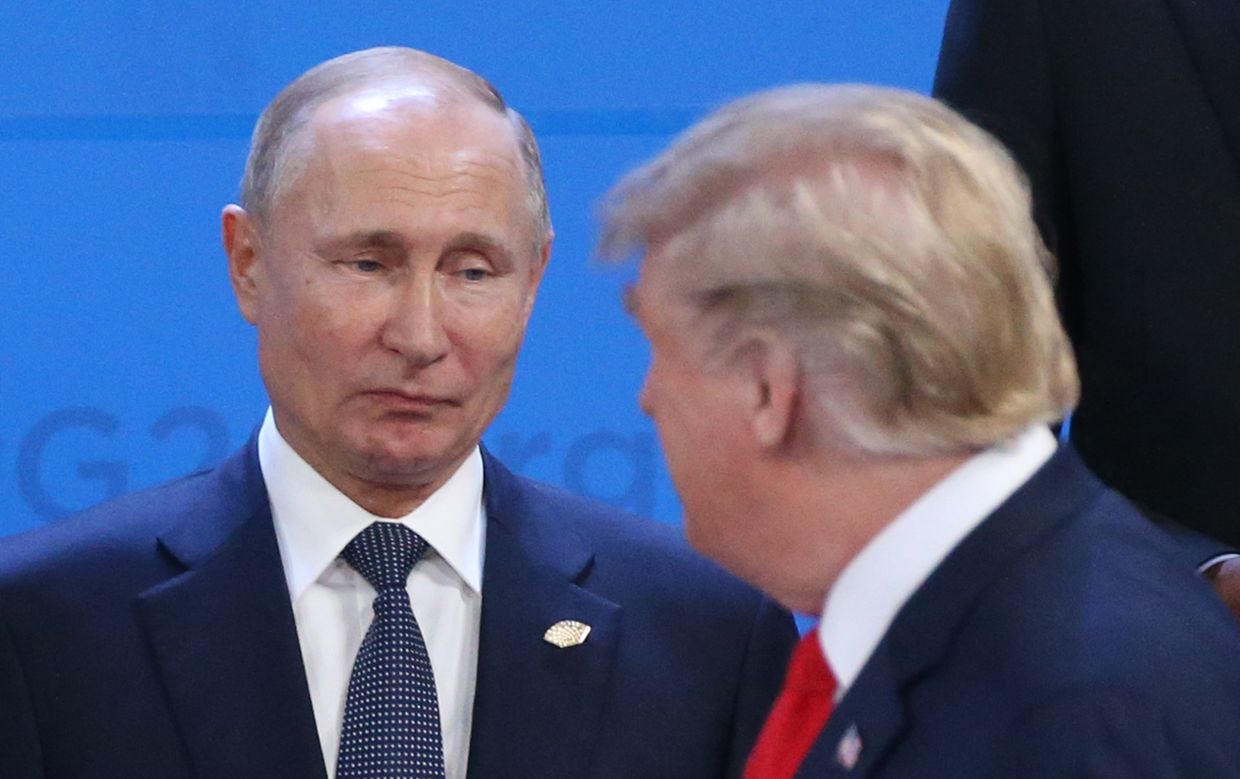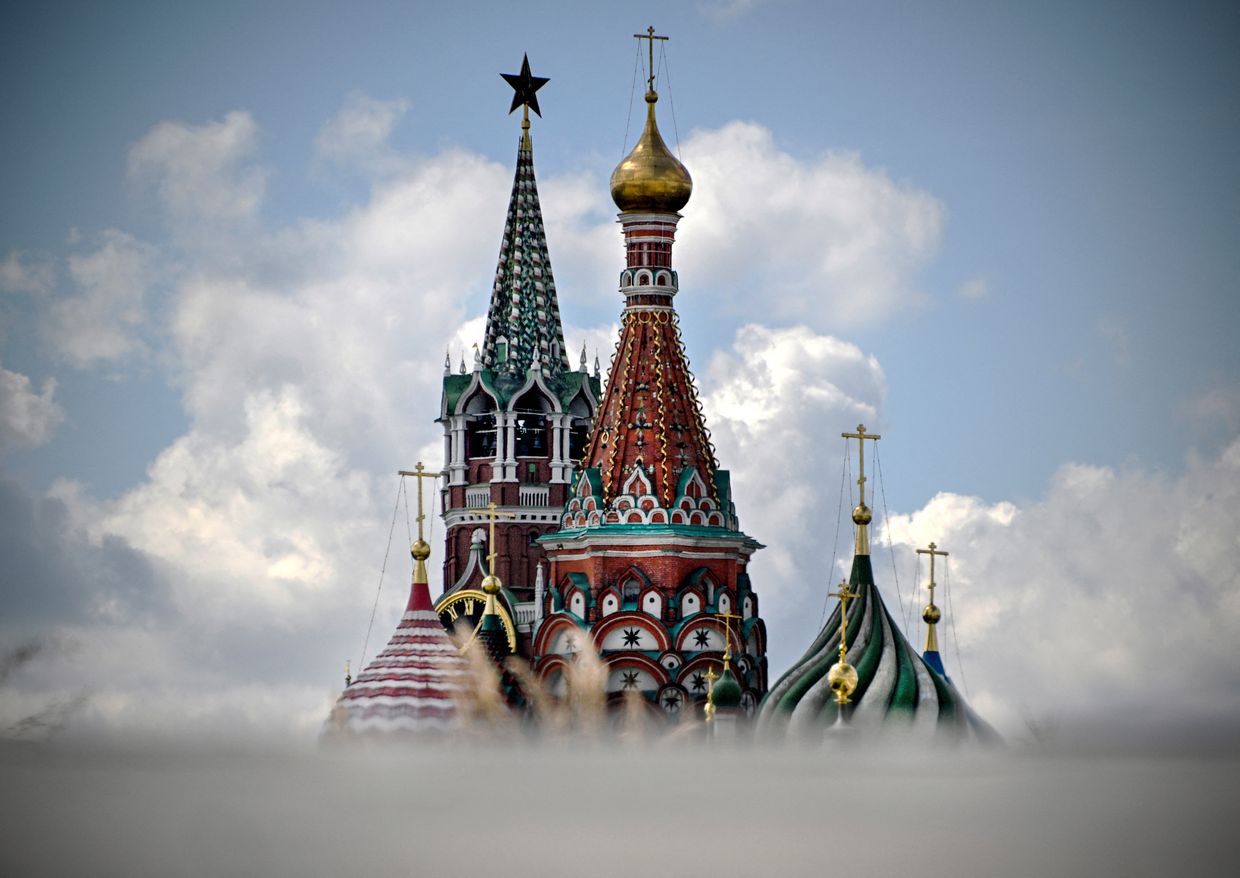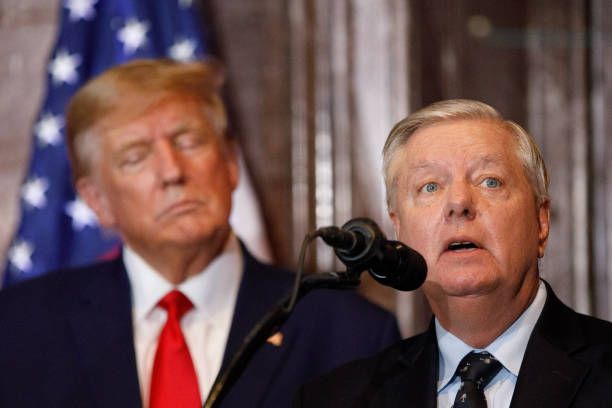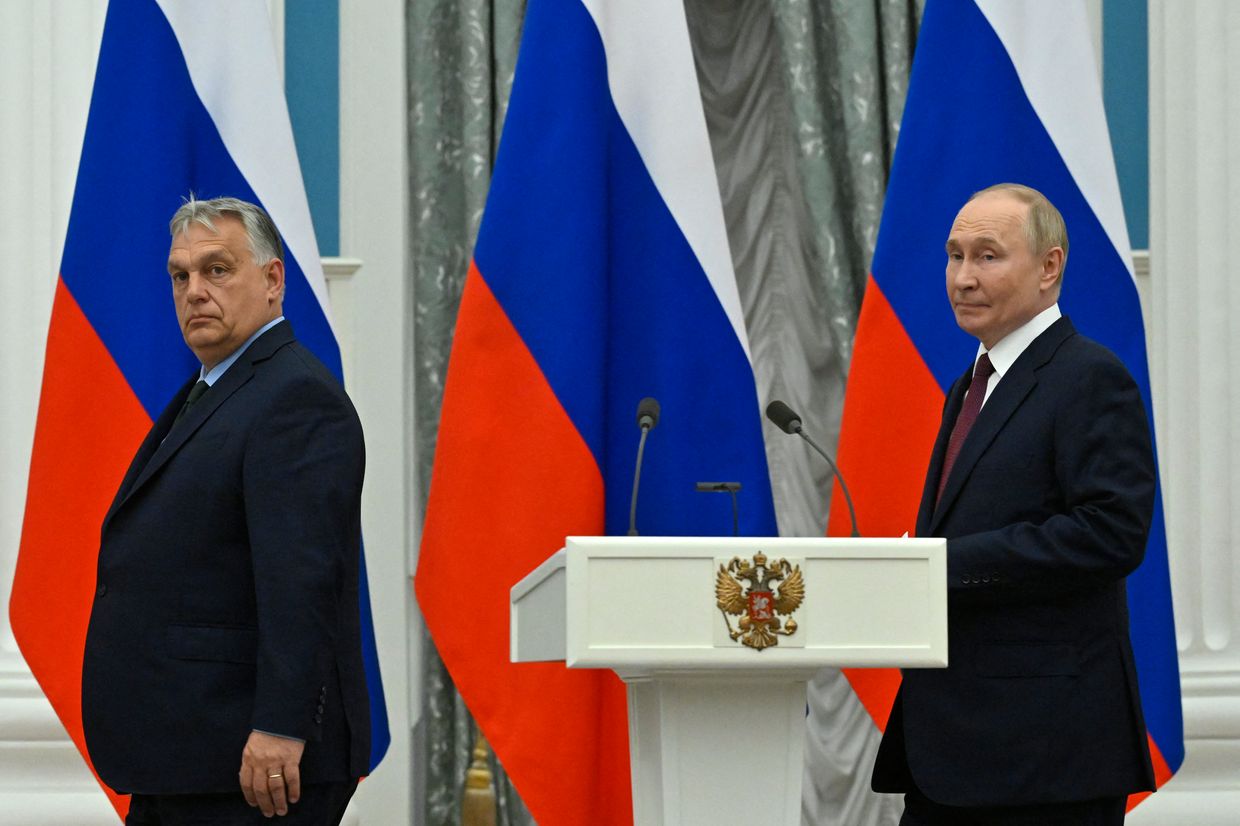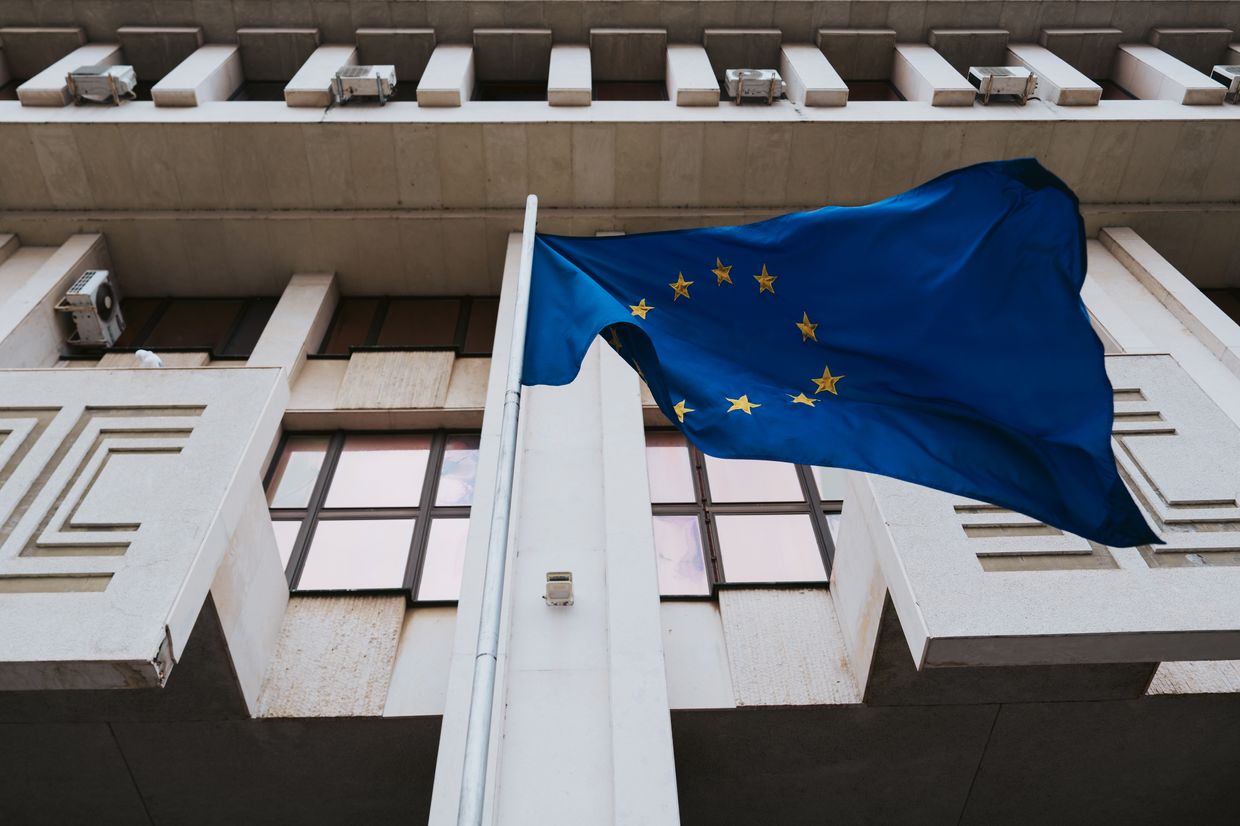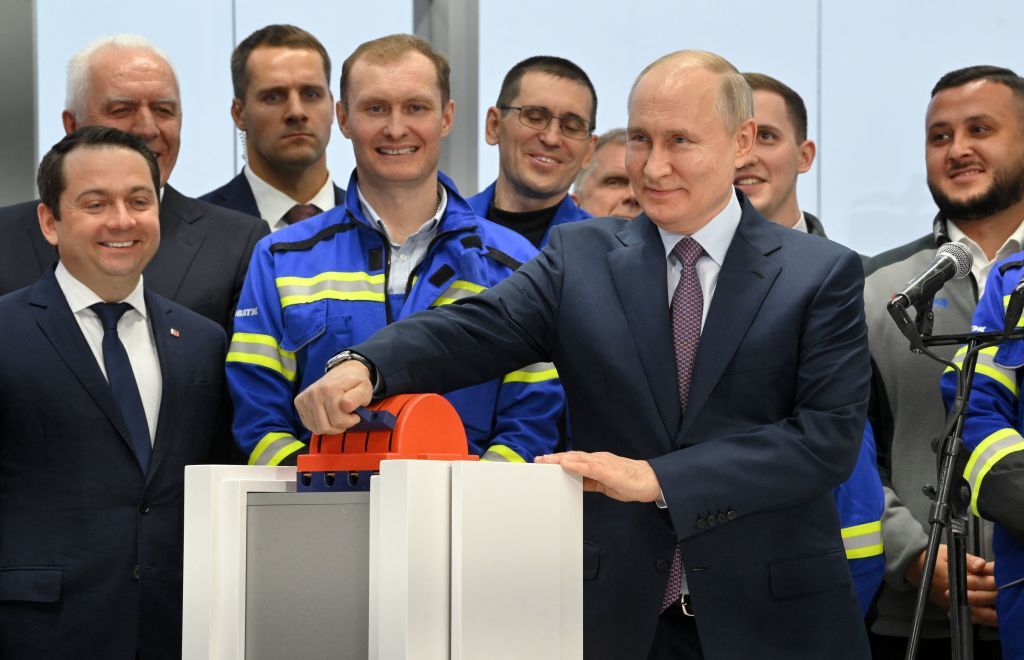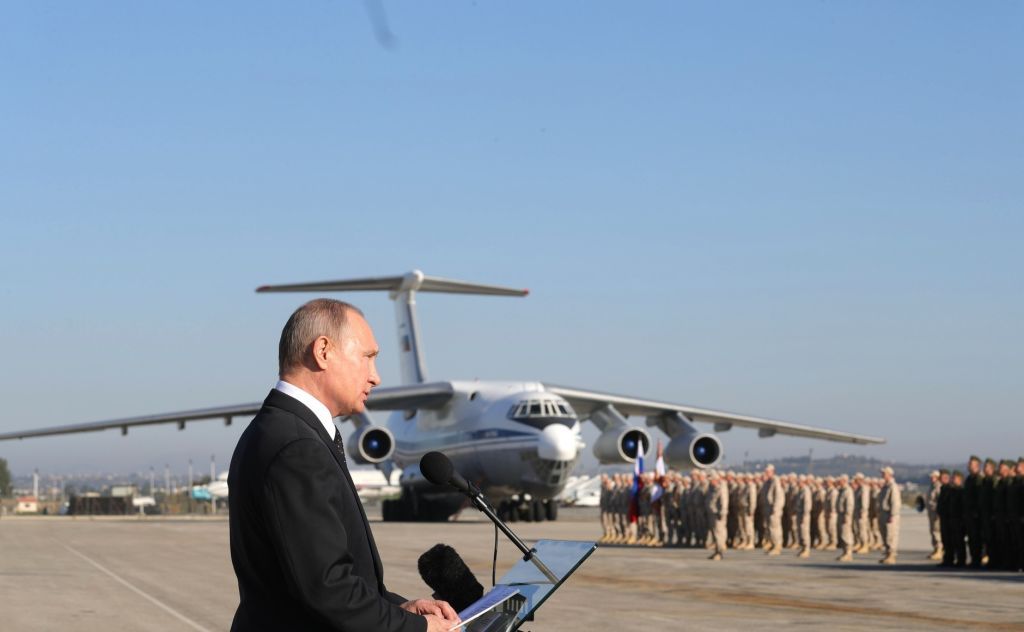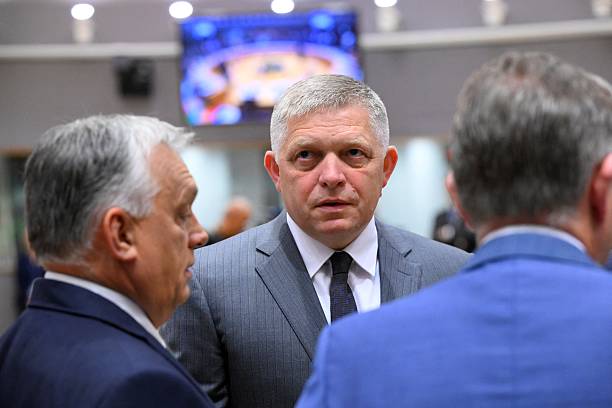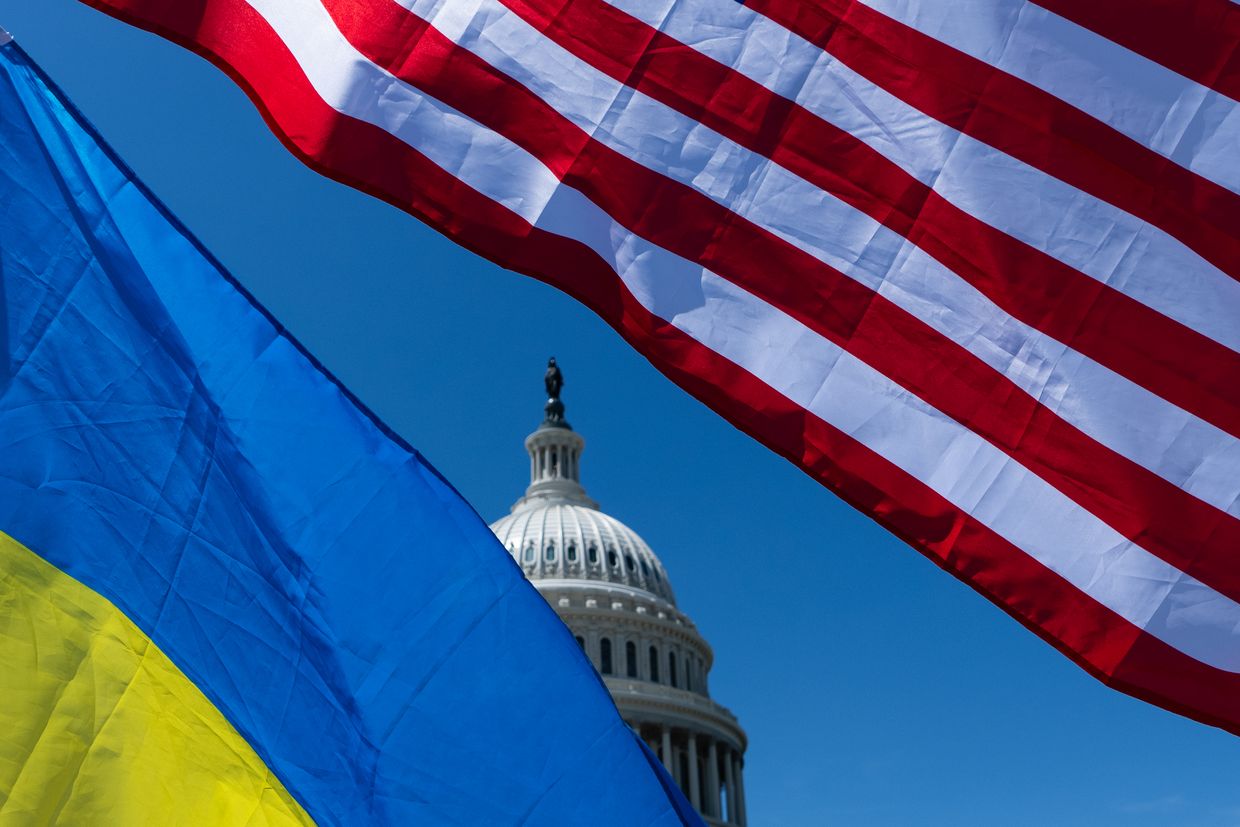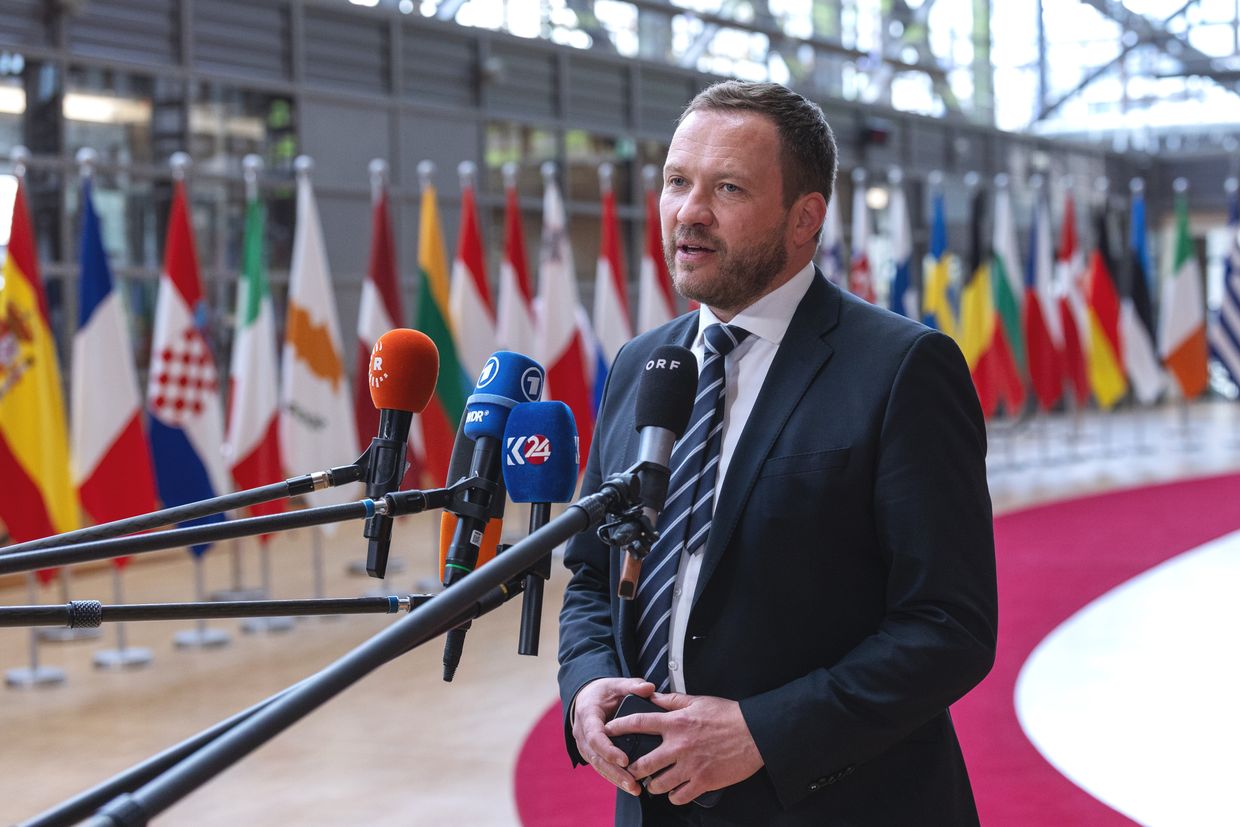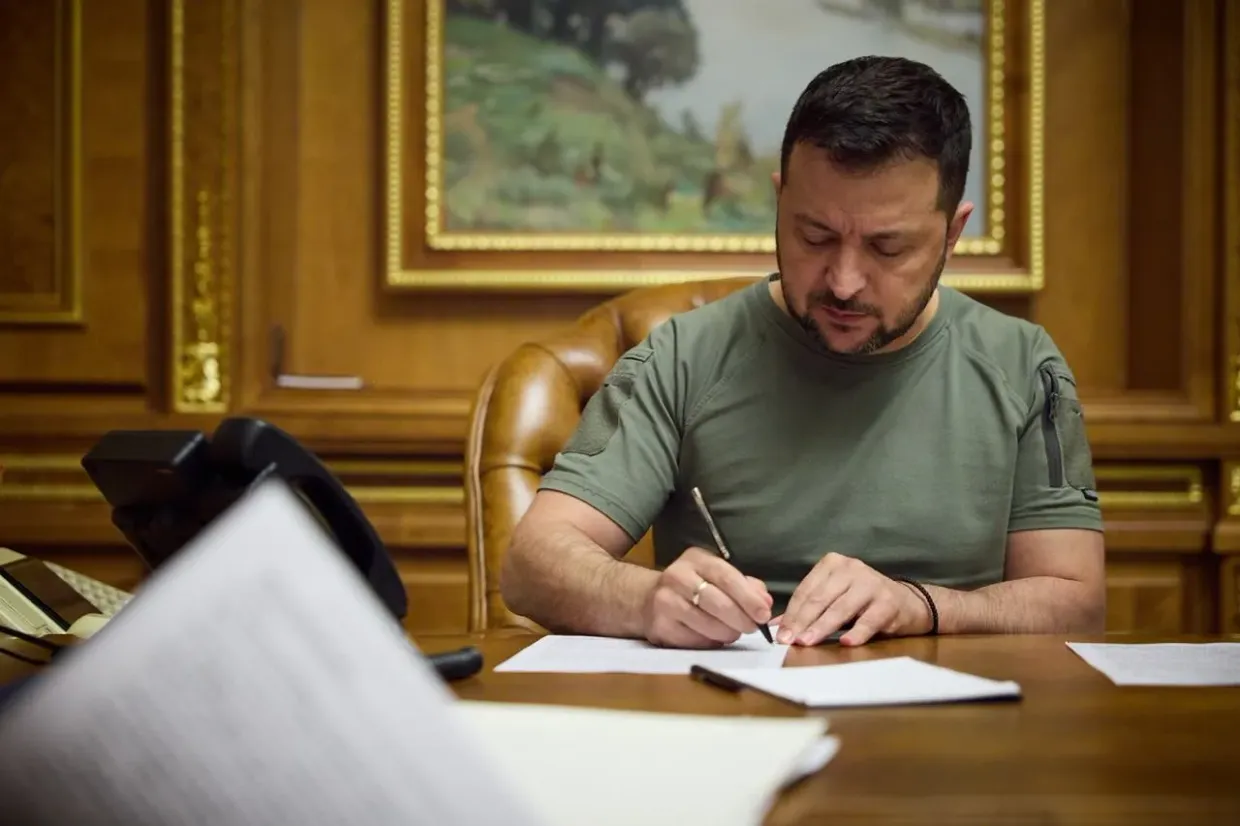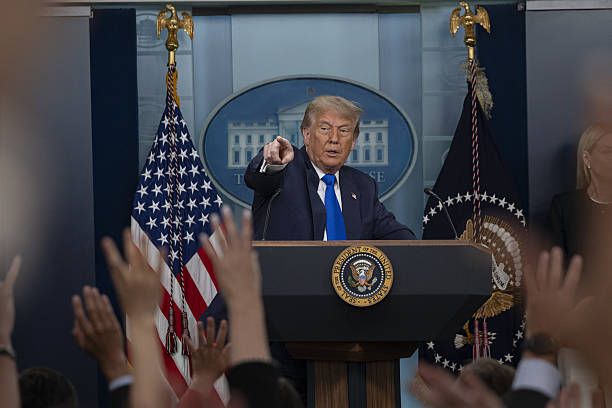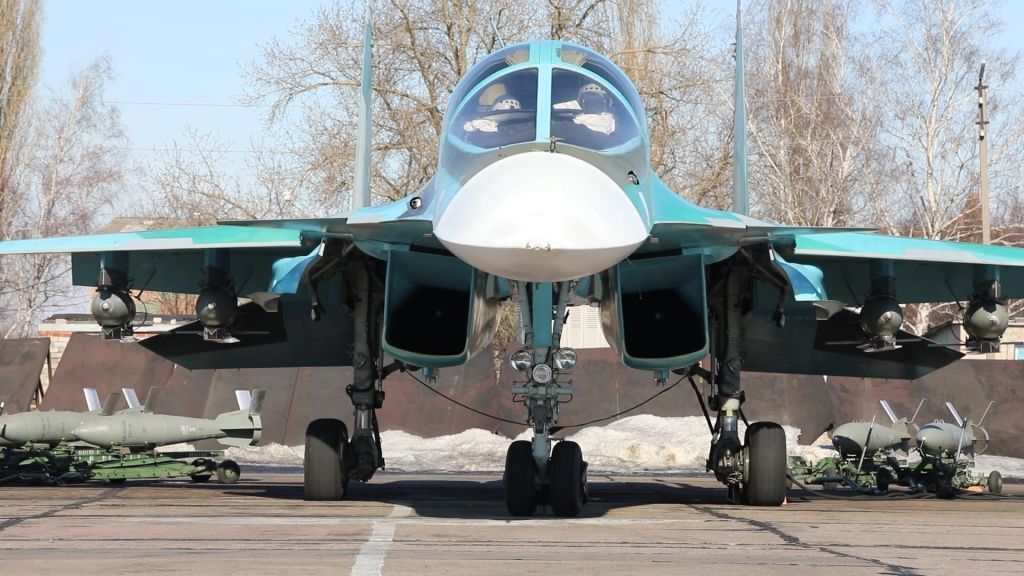There has been much speculation in financial circles that the White House’s erratic policymaking, random tariffs, and general shoot-from-the-hip approach could undermine the global role of the dollar, which could perhaps be replaced by the euro. I have no insight into that but I am confident that Europe’s single currency won’t replace greenbacks as criminals’ favourite money laundering tool any time soon.
Ordinary people are using cash money less and less in everyday life, so logically the amount of banknotes in circulation should be falling. Particularly at a time of high inflation, when a non-interest-bearing form of money is losing value all the time. This is what is happening in the eurozone, where the value of cash in circulation hit its all-time high in June 2022 of €1,602.6 billion, which was €16.2 billion more than the total today.
In the United States, on the other hand, the total number of dollars in circulation hits a new high every month, and in July reached $2,399.538 billion. That is an increase of $121.6 billion since June 2022, or just over five percent. The only people willing to hold paper currency when inflation is high are people who have a compelling reason not to care, and I think the only significant group of people that meet that requirement are criminals who seek anonymity.
So while financial markets may find an alternative to the mighty dollar, at least the United States can count on the continued custom of the world’s criminals. Interestingly, the pound is behaving more like the dollar than the euro, with the total in circulation having increased by 5.9 percent since June 2022 to £93.6 billion. And the same is true of the Canadian dollar (up three percent). So I suppose an alternative explanation is that criminals just like speaking English?
BANKS CAN’T CLOSE CRYPTO BACKDOOR
Of course one of the drivers of the dollar’s supposed decline is America’s geopolitical rivals creating new payment mechanisms outside of the Western system. Iran, under severe sanctions, has sought to create new routes for money to flow and the United States – including as recently as last week – has tried to stop that from happening.
“As a result of President Trump’s maximum pressure campaign and increasing isolation from the global financial system, the Iranian regime is running out of places to hide,” said Secretary of the Treasury Scott Bessent. “Treasury will continue to disrupt Iran’s schemes aimed at evading our sanctions, block its access to revenue, and starve its weapons programs of capital in order to protect the American people.”
Meanwhile, Trump has signed an executive order stopping the previous practice of encouraging banks from being highly sceptical of crypto clients, much to the delight of said clients. “It used to be that corresponding banks in the US block transactions involving crypto (fiat for buying crypto). This opens banking for crypto internationally,” tweeted Changpeng Zhao, founder of the giant Binance exchange.
But what does this mean for Iran? Iranians were already using crypto to evade sanctions, despite efforts by some of the better-connected companies to keep a lid on them.
“Iran’s government maintains extensive control over the country’s financial system, including cryptocurrency infrastructure,” concluded Chainalysis in an analysis published earlier this year. “Cryptocurrency represents an alternative financial system, and the increasing use of Iranian crypto exchanges suggests that more individuals and institutions are resorting to crypto to safeguard wealth and circumvent financial restrictions.”
I’m struggling to think of an analogy for what the U.S. government is doing here in its policy towards Iran’s illicit financial flows. By sanctioning the Cross-Border Interbank Messaging System used by Iranians, it’s shutting the door, but by banning U.S. banks from doing due diligence on crypto companies, it’s demolishing the wall.
AN ATTACK OF CONSCIENCE
British real estate has been the investment of choice for kleptocrats for years, thanks to the country’s toothless regulators, conscience-free lawyers, and biddable politicians. But the war in Ukraine created much soul-searching in Britain about what exactly its approach had enabled, and a long-overdue re-examination of the system finally began, with – apparently – actual real-world consequences.
“British lawyer Rory Fordyce has been ordered to pay £32,500 for failing to adequately vet funds linked to the family of Azerbaijan’s former security chief,” reports the Organised Crime and Corruption Reporting Project (OCCRP). “In addition to the fine, Fordyce was barred from holding any legal management or compliance roles for five years and was ordered to pay £50,000 in legal costs.” And as if that wasn’t enough for the Solicitors Disciplinary Tribunal, a specialised court that brings cases against certain kinds of lawyers, it has also decided to prosecute another lawyer for making threats against people criticising the huge Ponzi scheme OneCoin, after detailed allegations were made by the Tax Policy Associates.
“Solicitors aren’t Daleks. We have ethical and professional obligations. We’re not permitted to act for an obvious fraud and threaten people who call out the fraud,” said TPA founder Dan Neidle.
The lawyer in question – Claire Gill of Carter-Ruck – denies any wrongdoing, and Carter-Ruck has promised to mount a vigorous defence. Still, hopefully this will encourage lawyers to be more diligent in checking the bona fides of their clients.
THIEVING OLIGARCHS
I’m sure many of the readers of this newsletter have read Richard Wilkinson’s and Kate Pickett’s ‘The Spirit Level’, published in 2009, with its thorough and convincing analysis of why inequality is bad for individuals and societies. I remember reading it at the time and thinking it could change the world but sadly that does not seem to have happened.
Now Pickett is back with a series of blogs for the London School of Economics, starting with powerful posts on the environment, and health. There’s so much to think about in the global debate around oligarchy, and it’s easy to forget that it’s all about ordinary people’s lives, and how they are stunted when others cheat them of what should be theirs.
“The picture is as tragic as it is clear regarding the gap between rich and poor and how this connects with myriad physical and mental health conditions,” she writes. “Countries with higher levels of income inequality are associated with higher rates of adult obesity and child overweightness, diabetes, mental illness, asthma, drug use and infant mortality.”
A version of this story was published in this week’s Oligarchy newsletter. Sign up here.
The post Criminal dollars, Trump’s crypto trapdoor, and Dalek solicitors appeared first on Coda Story.
